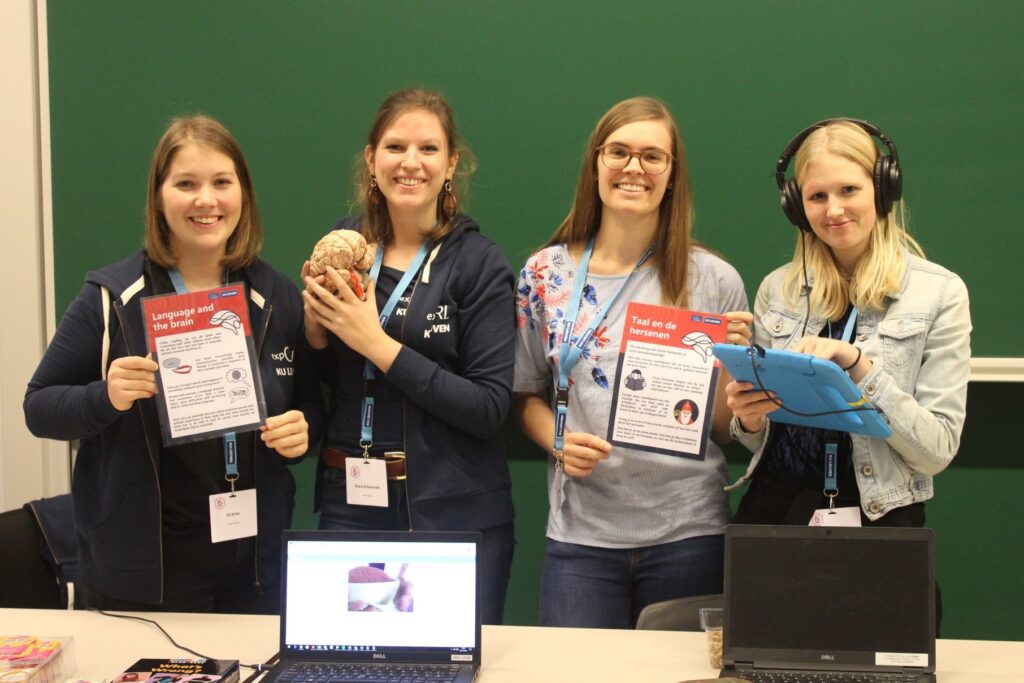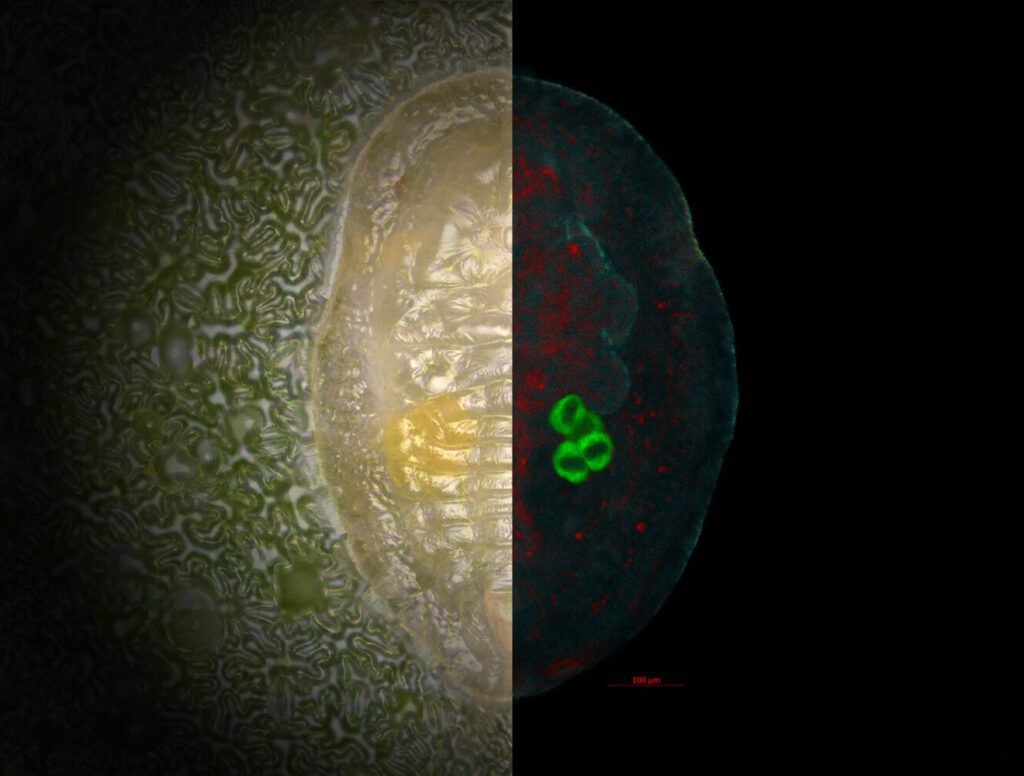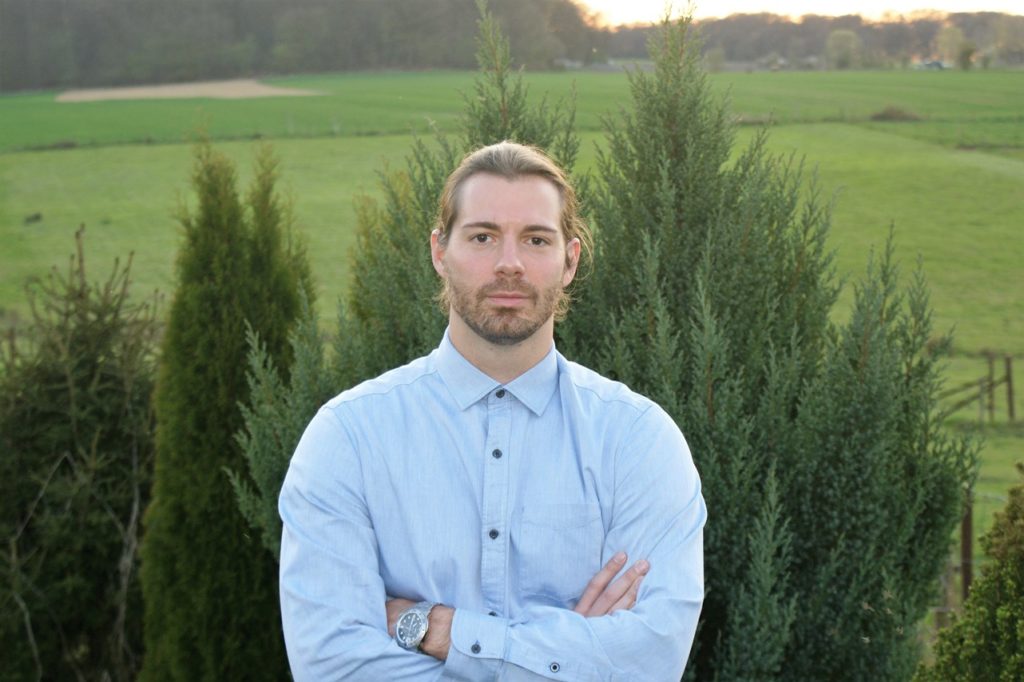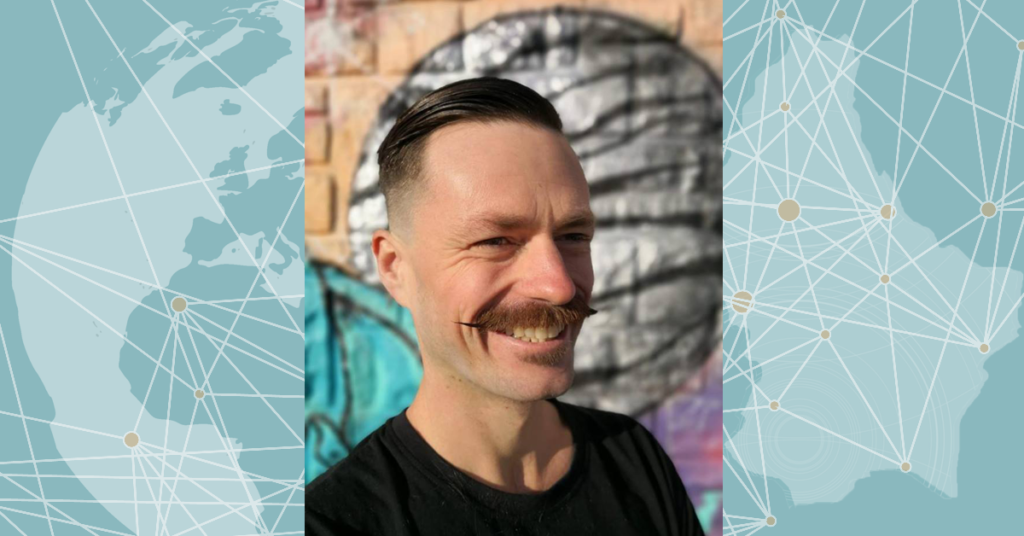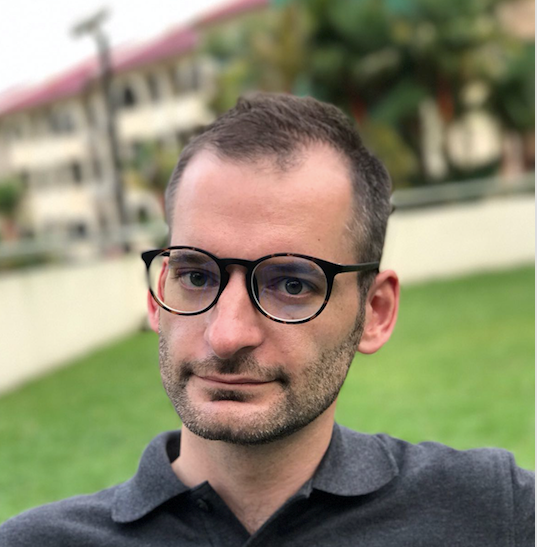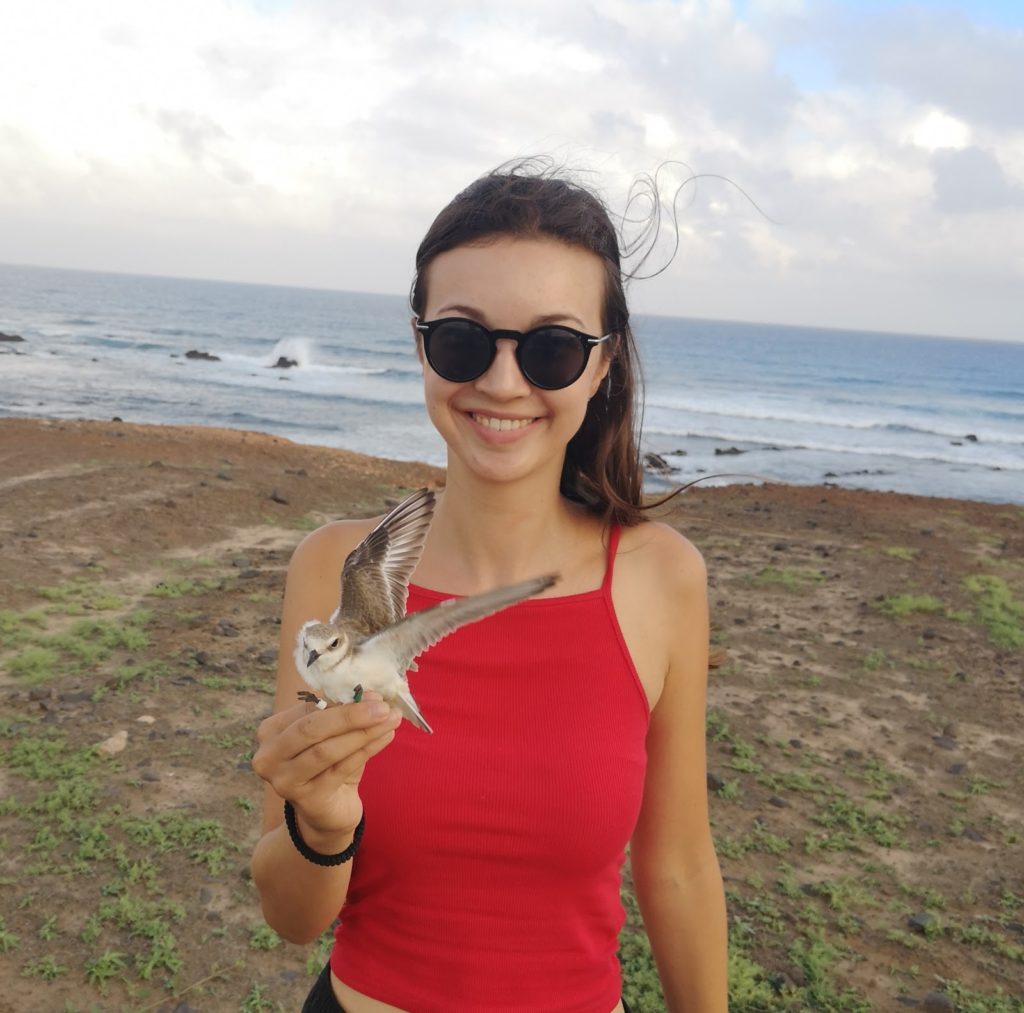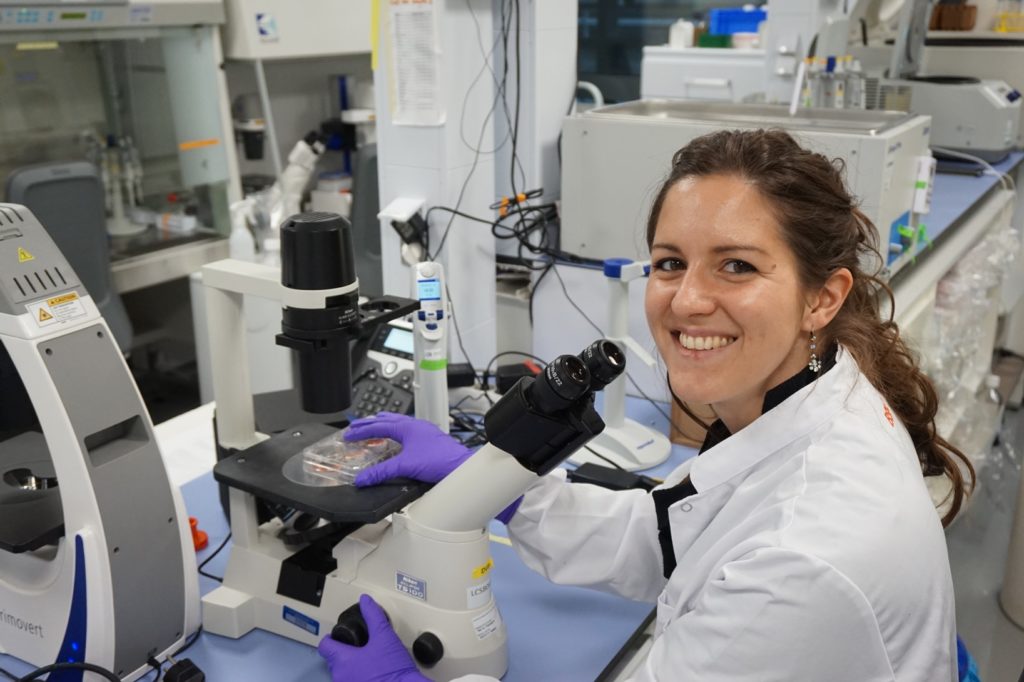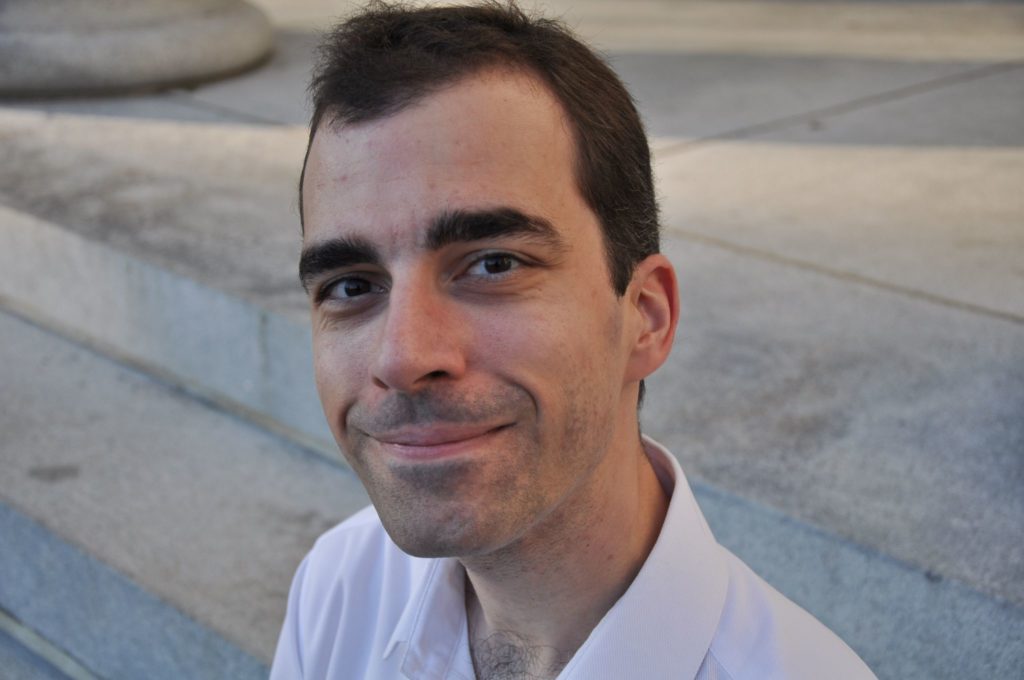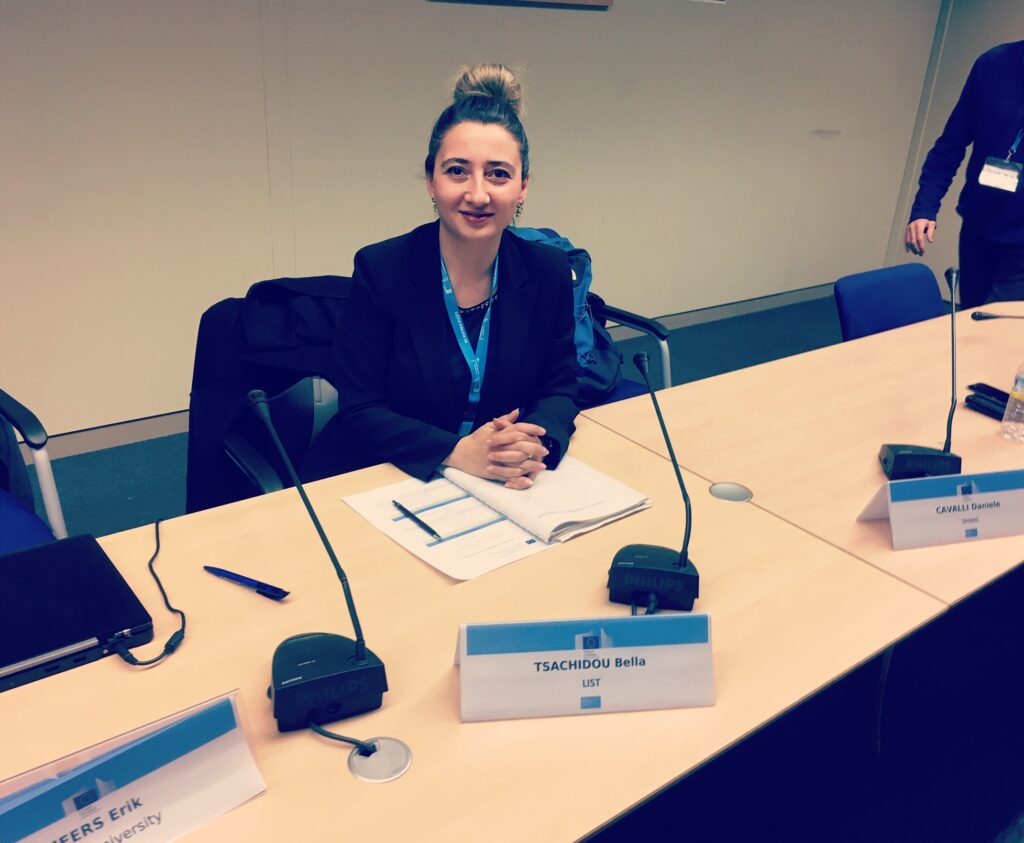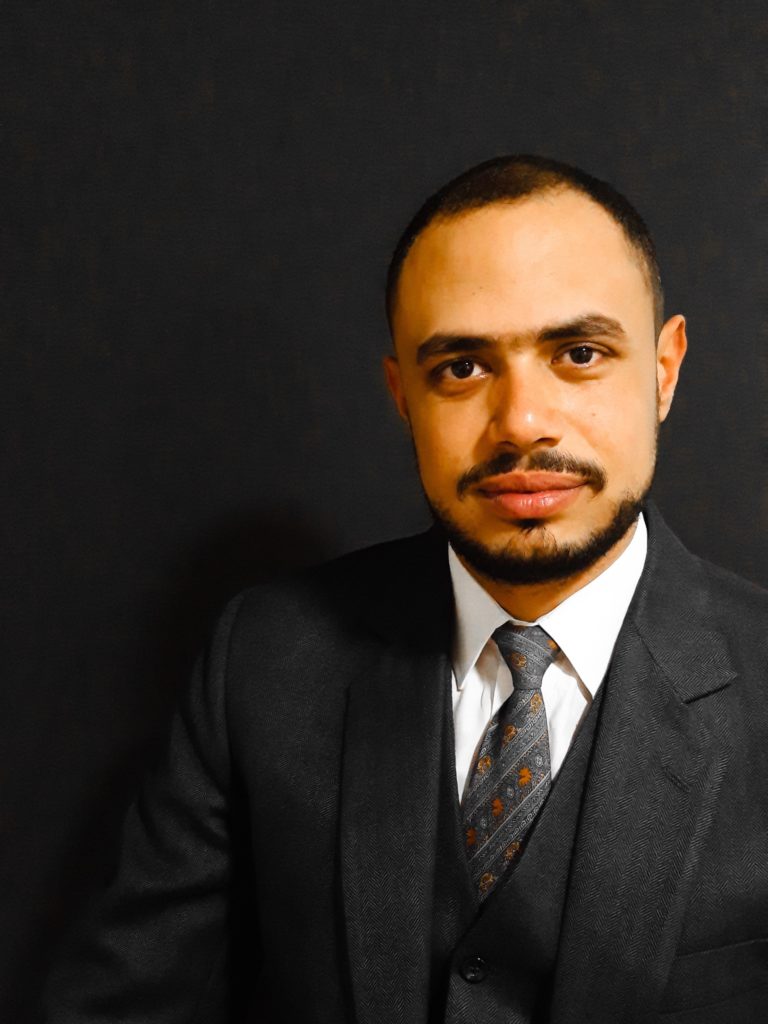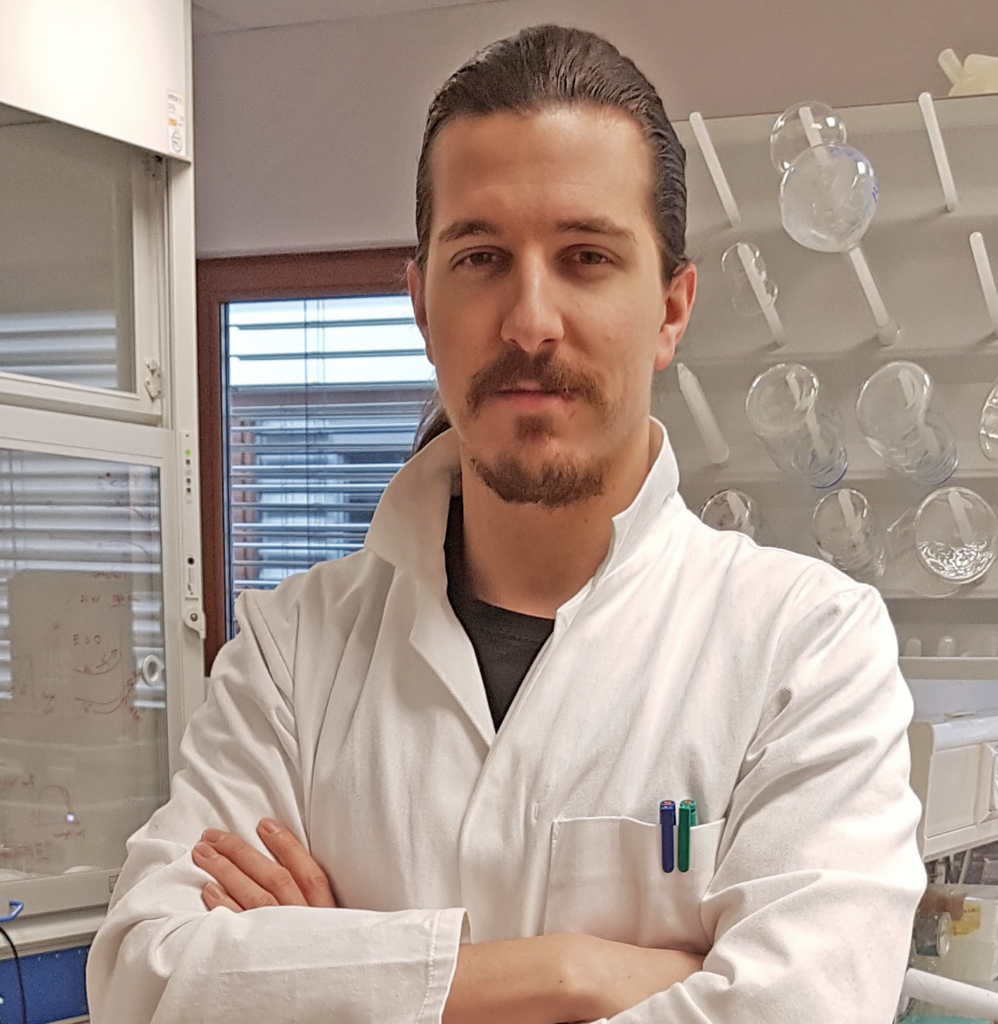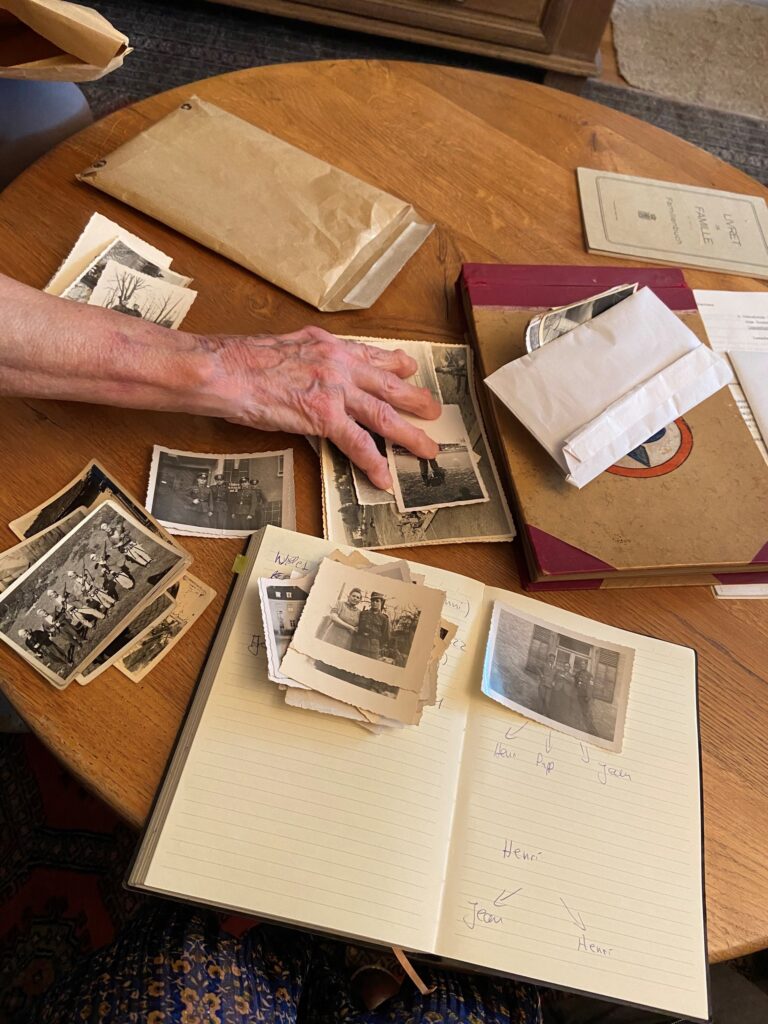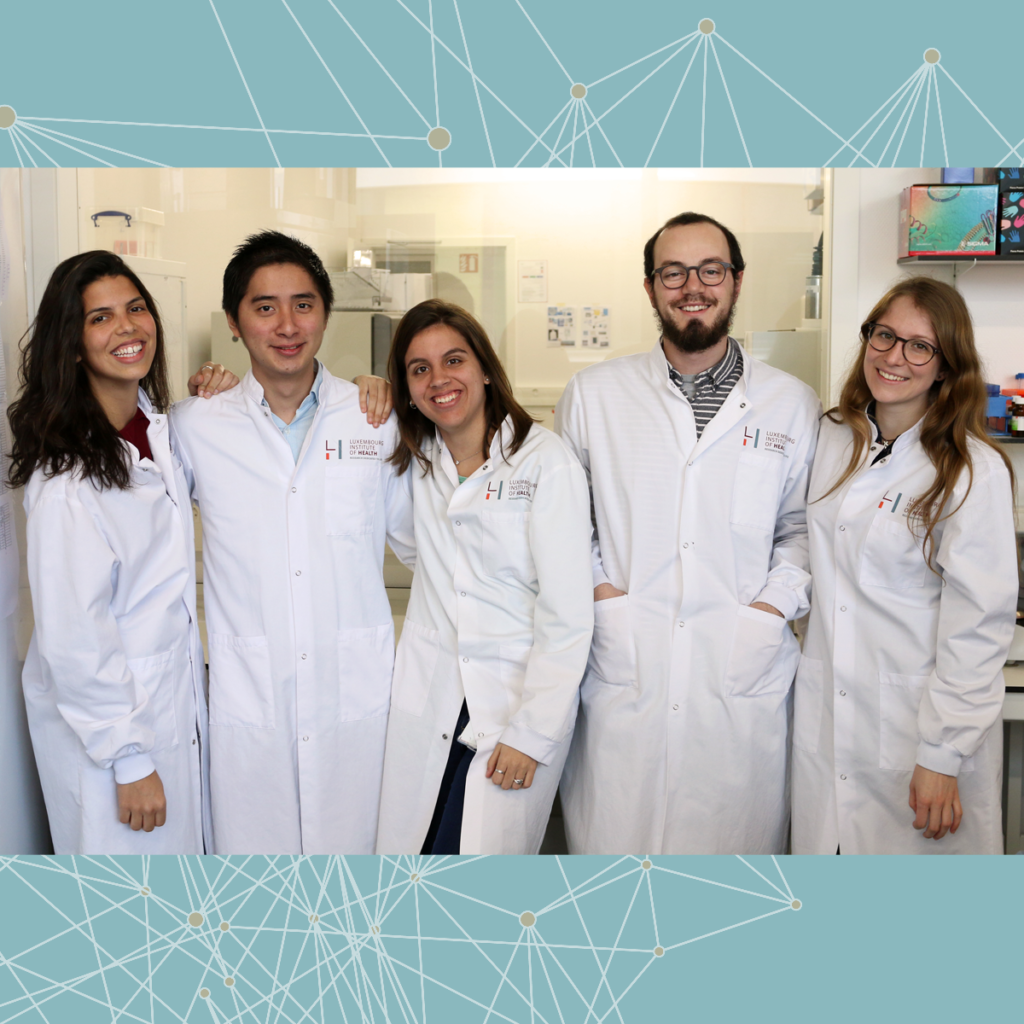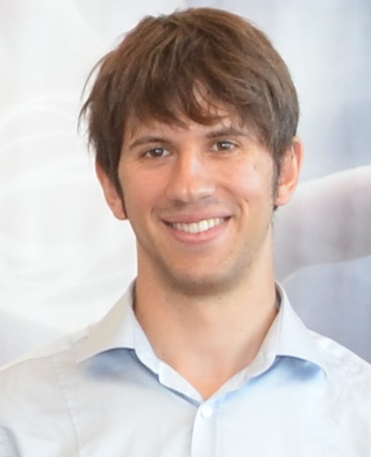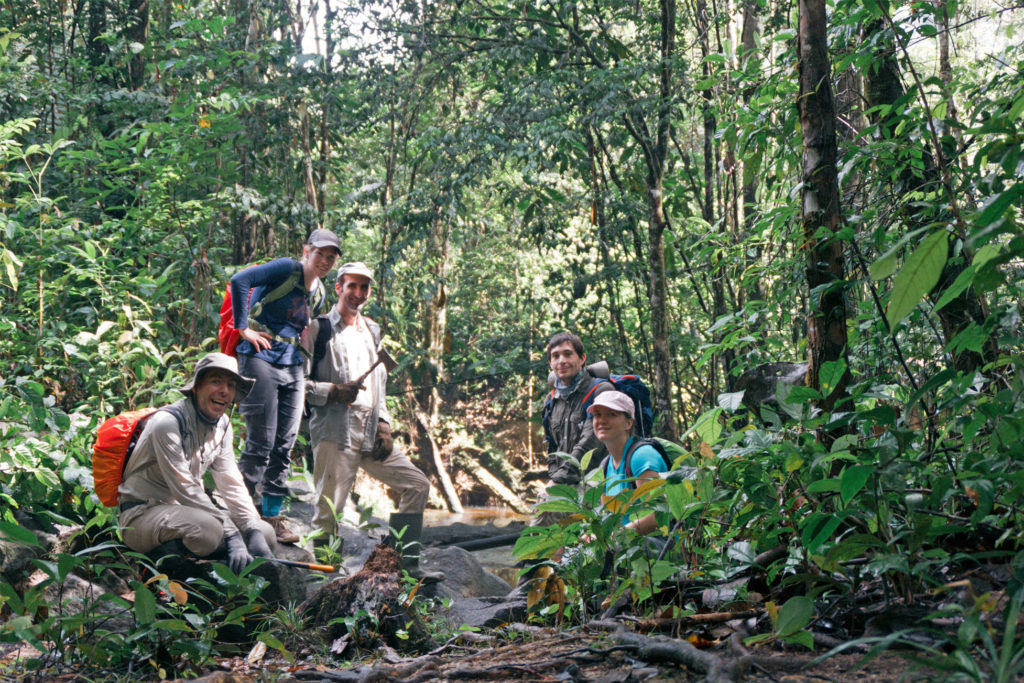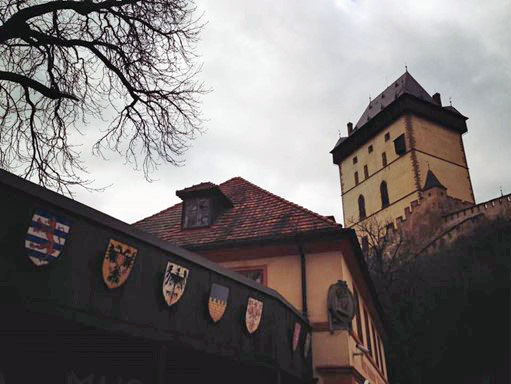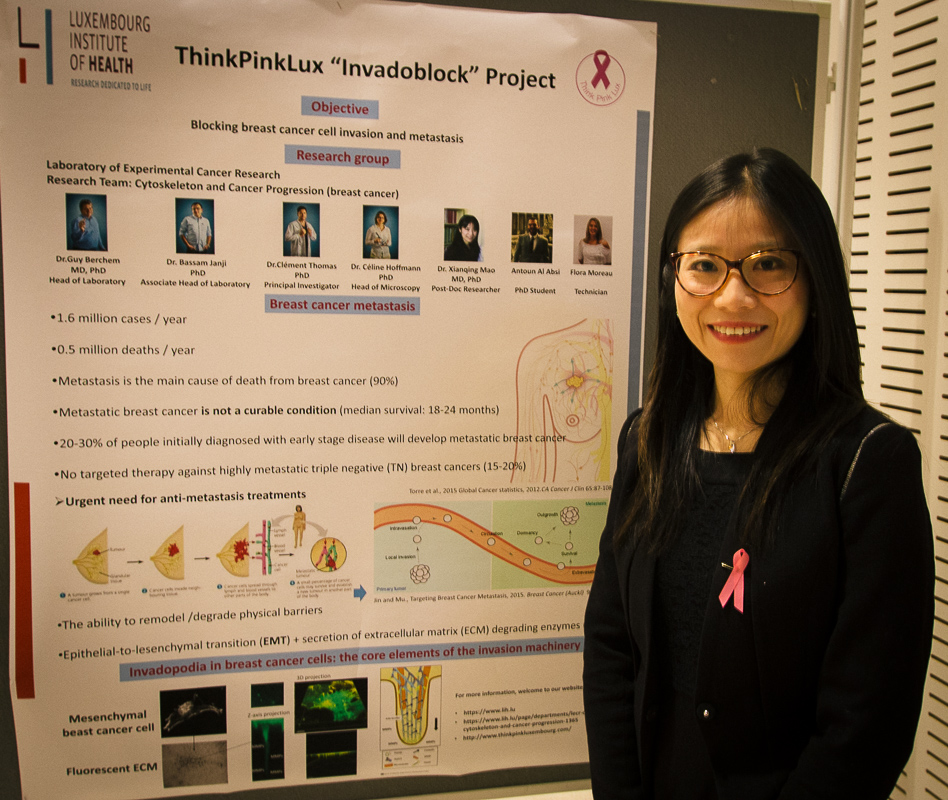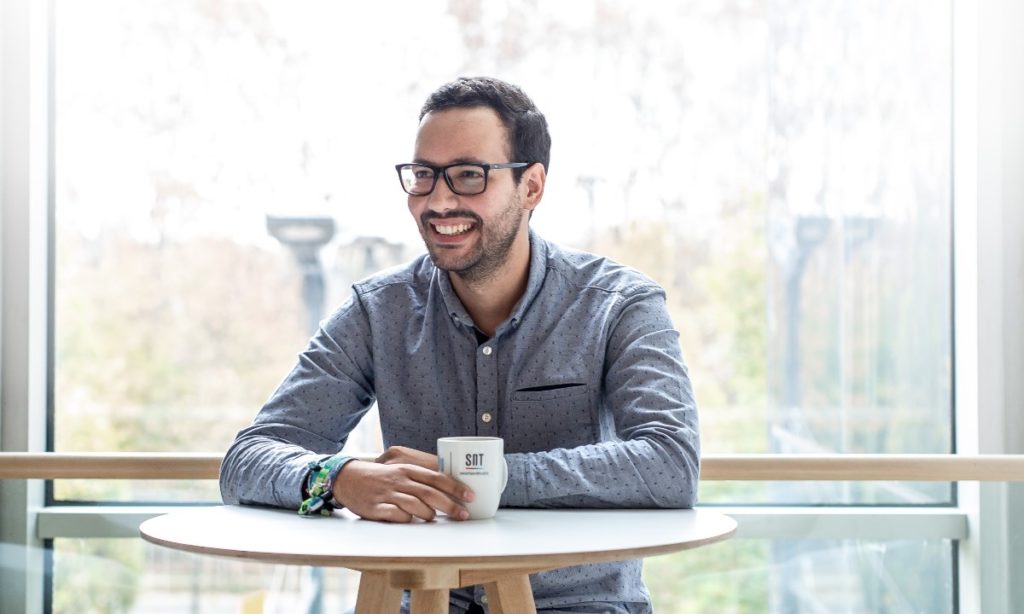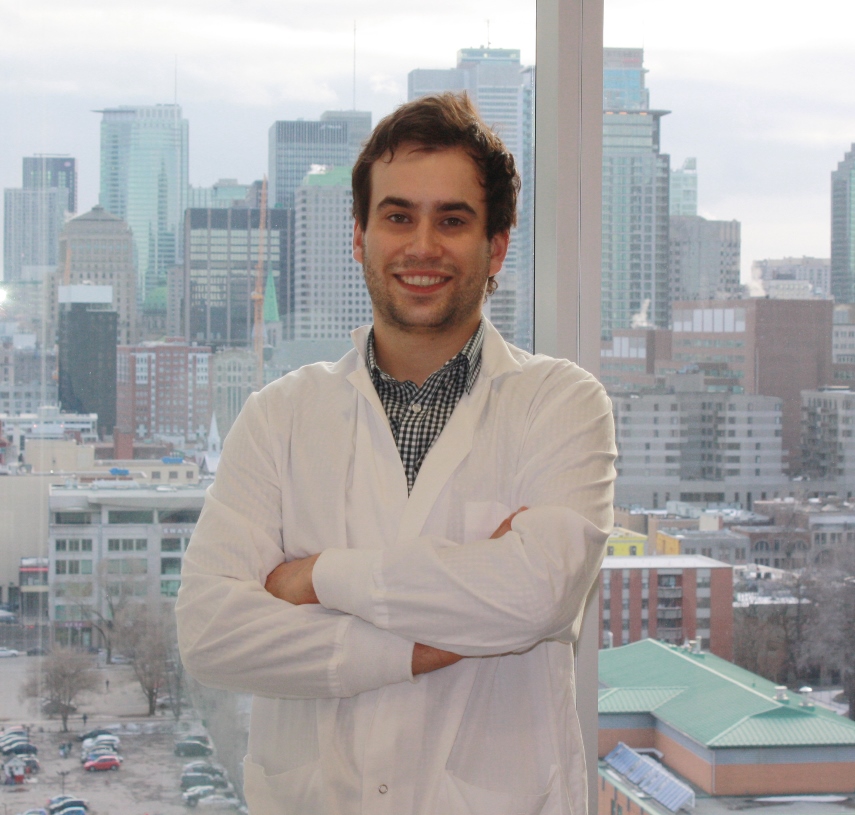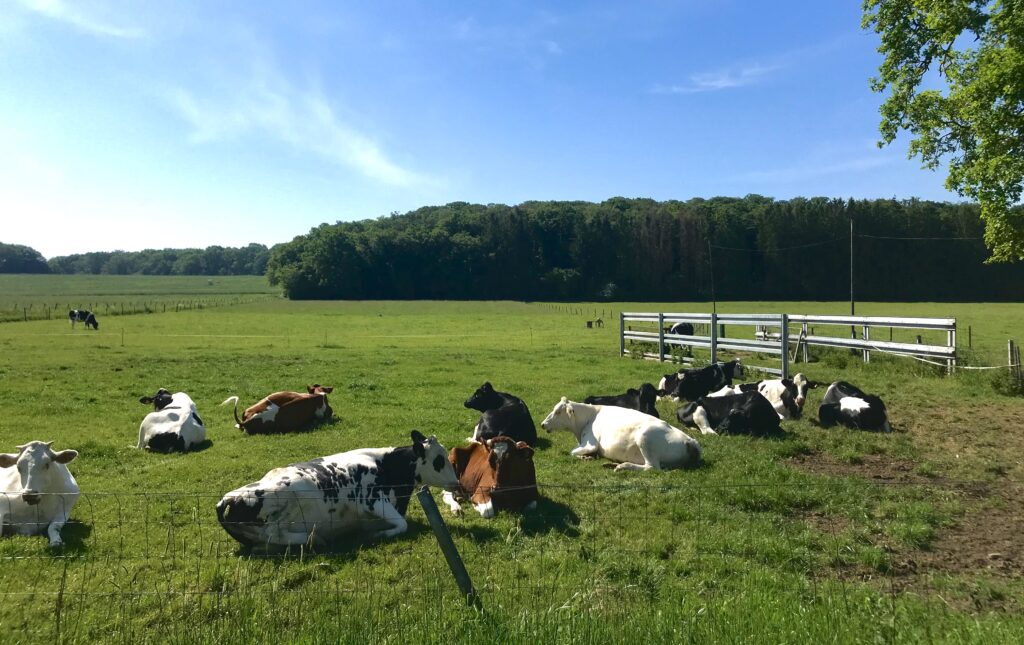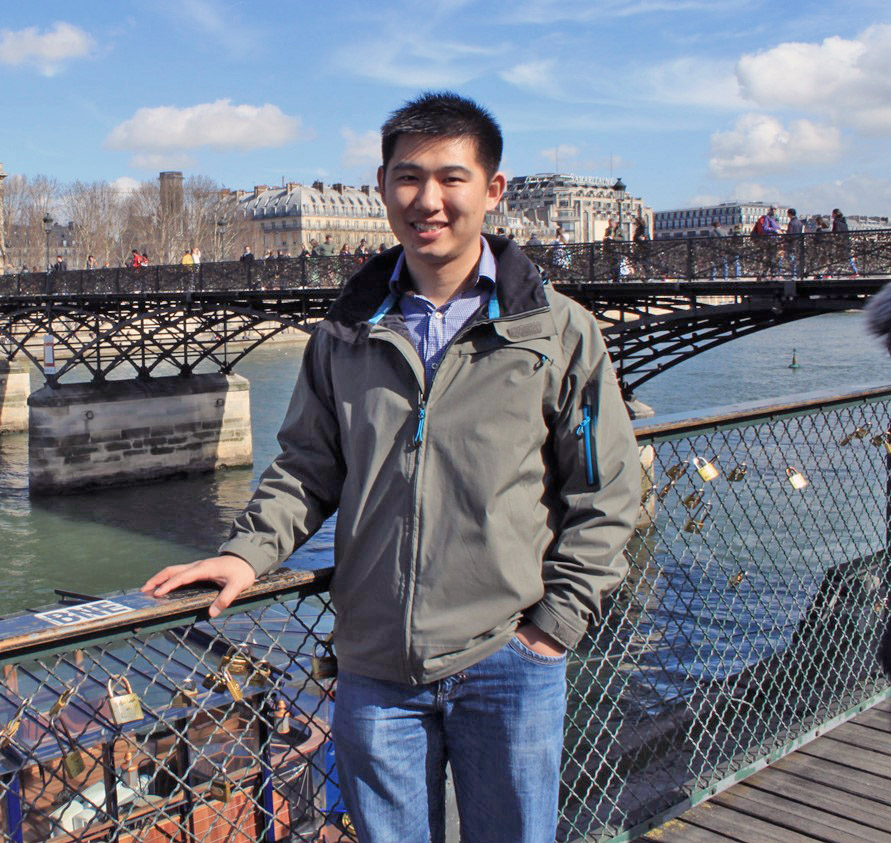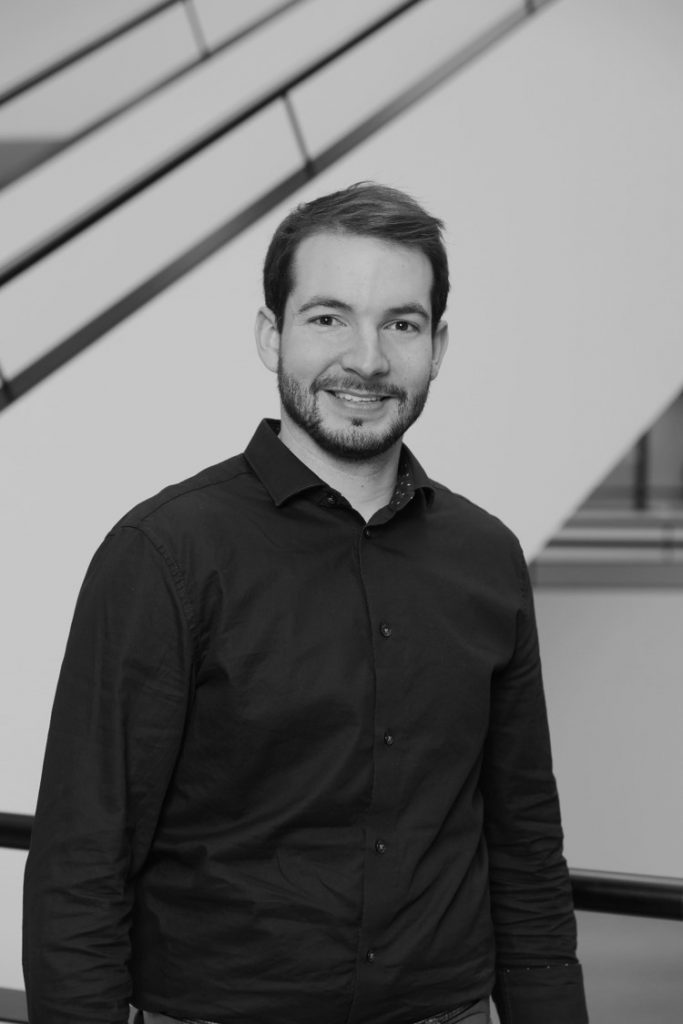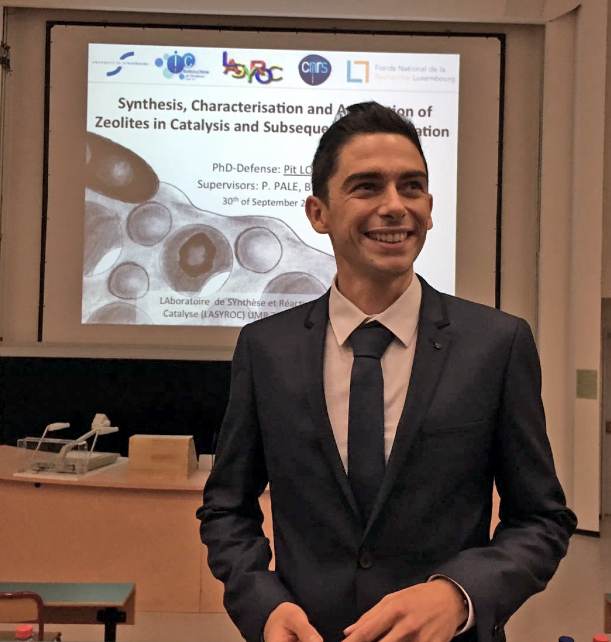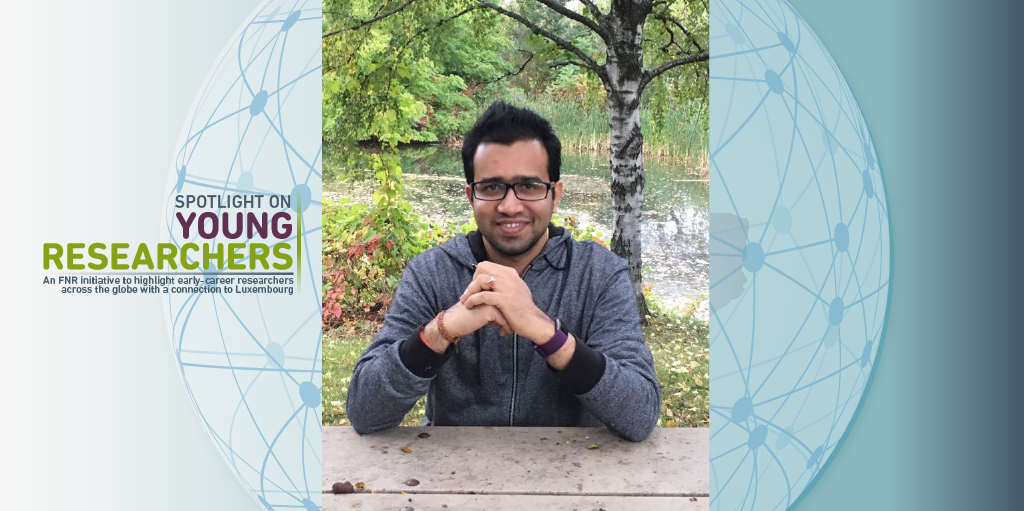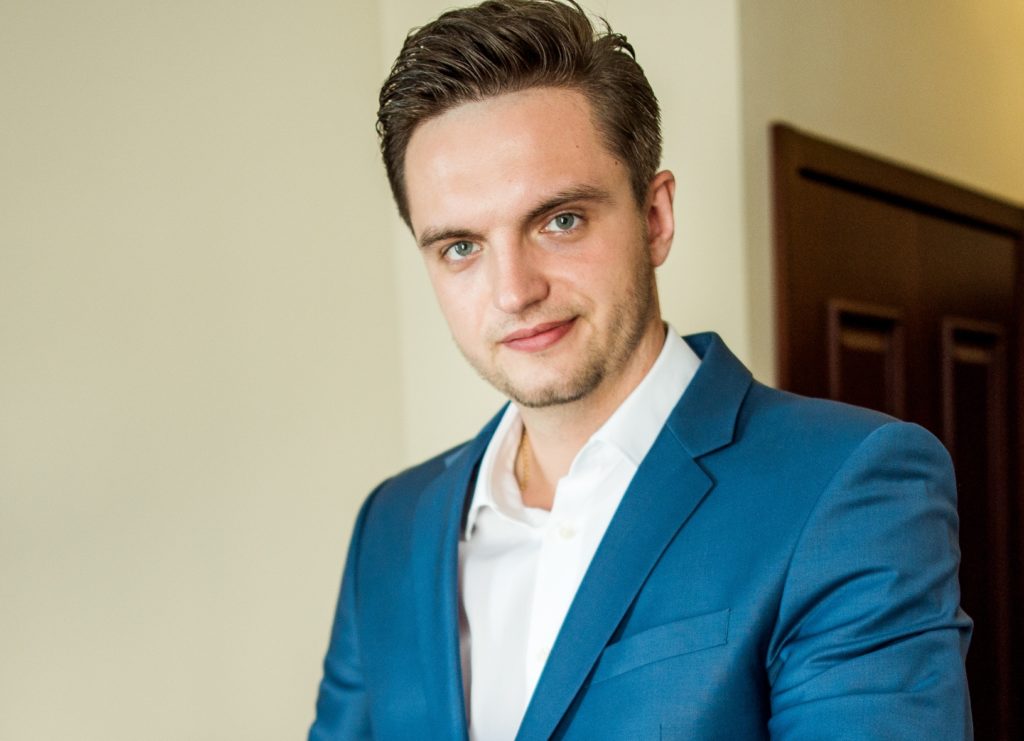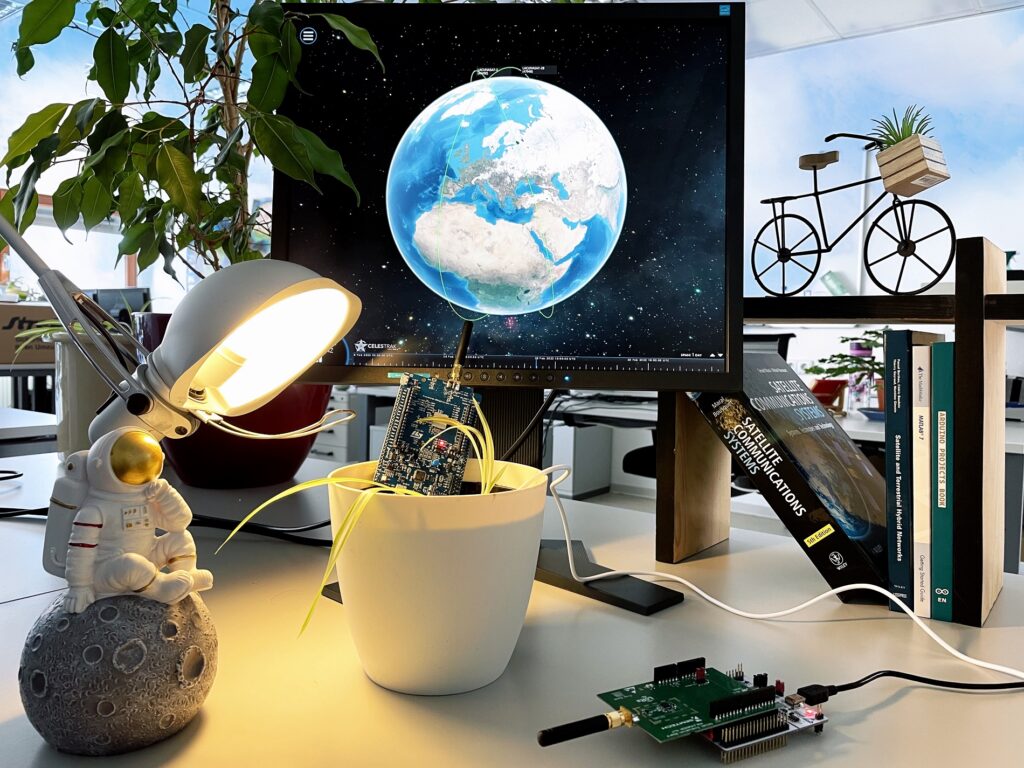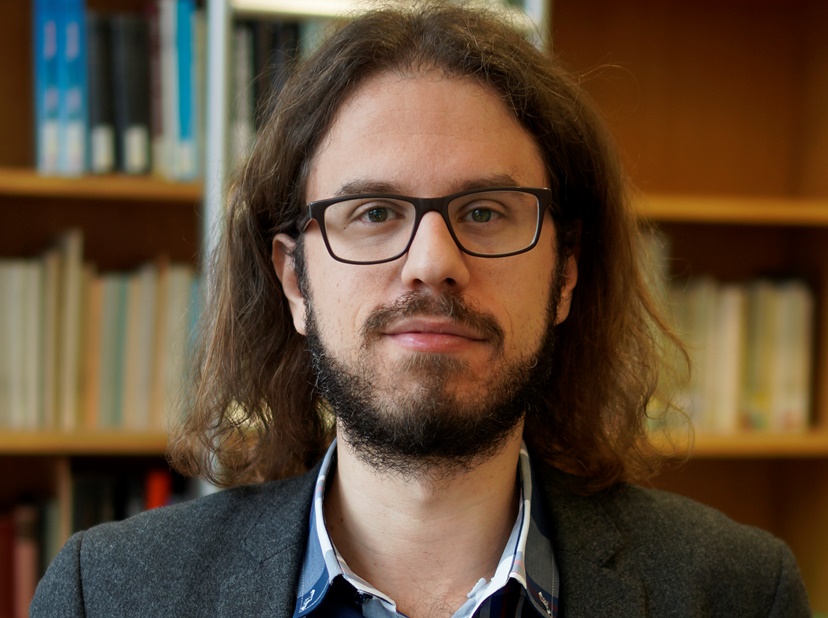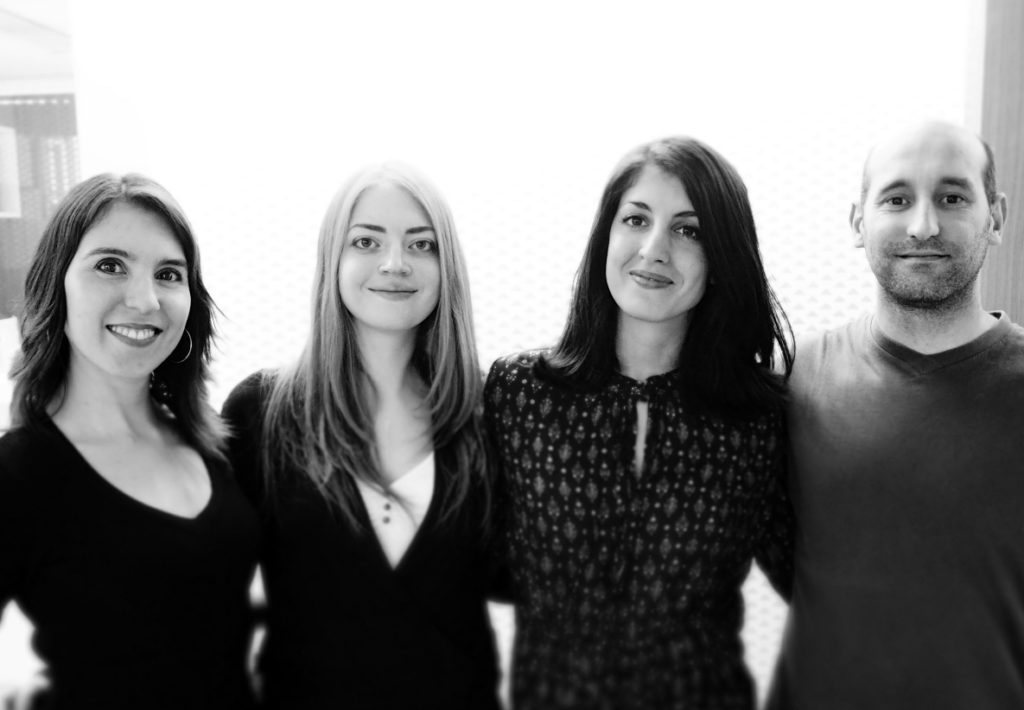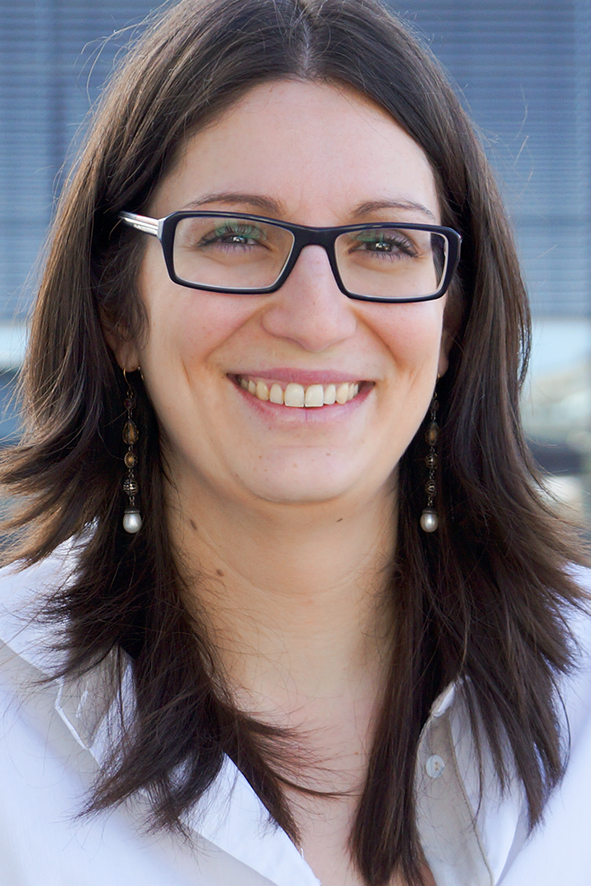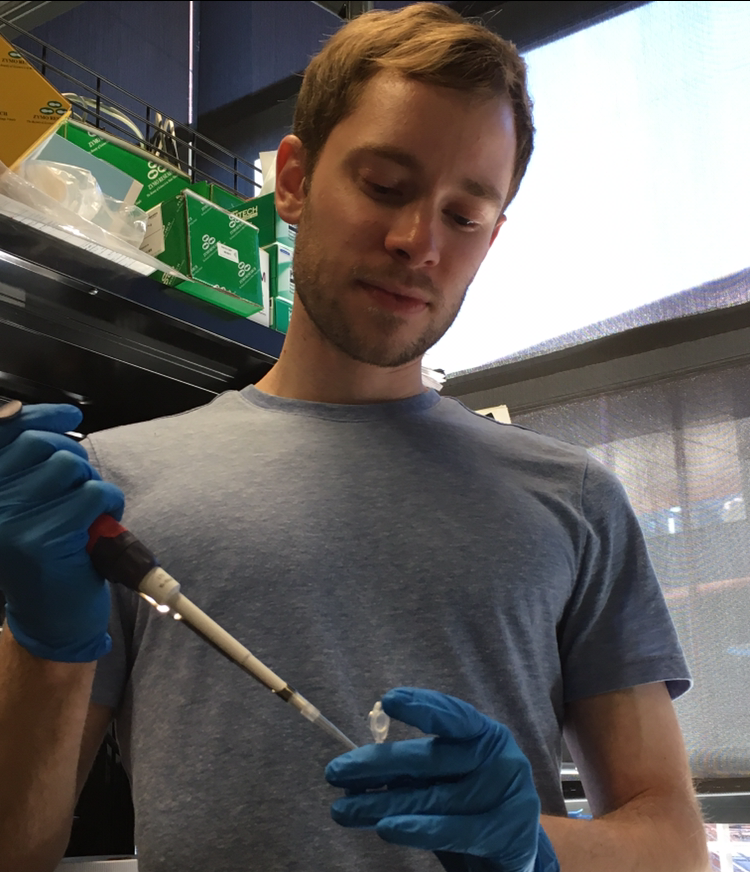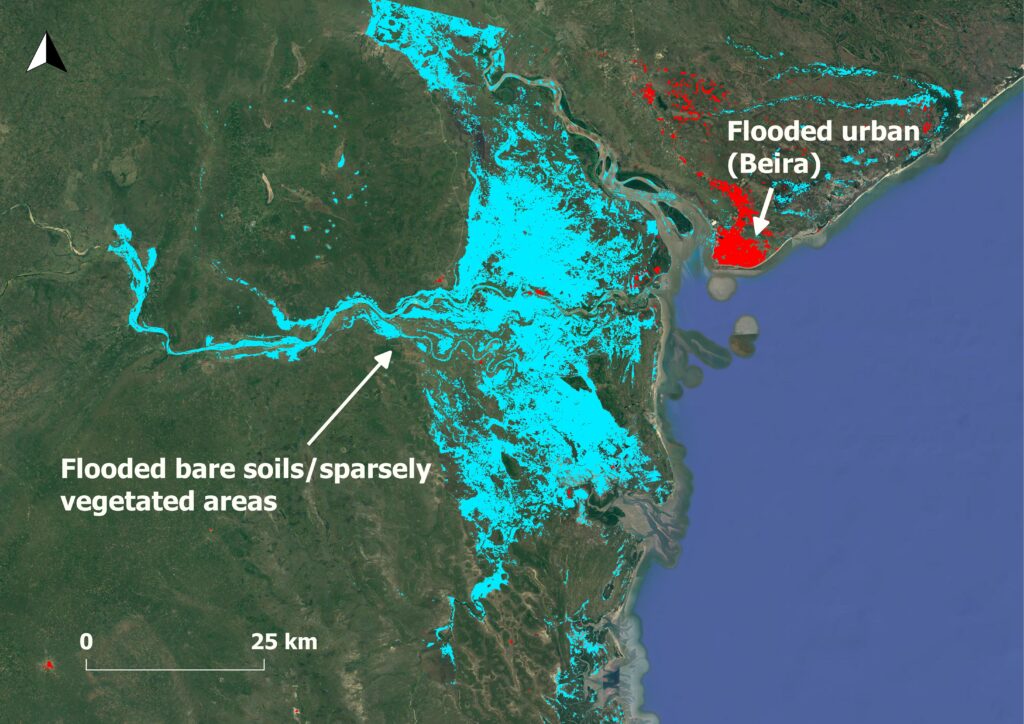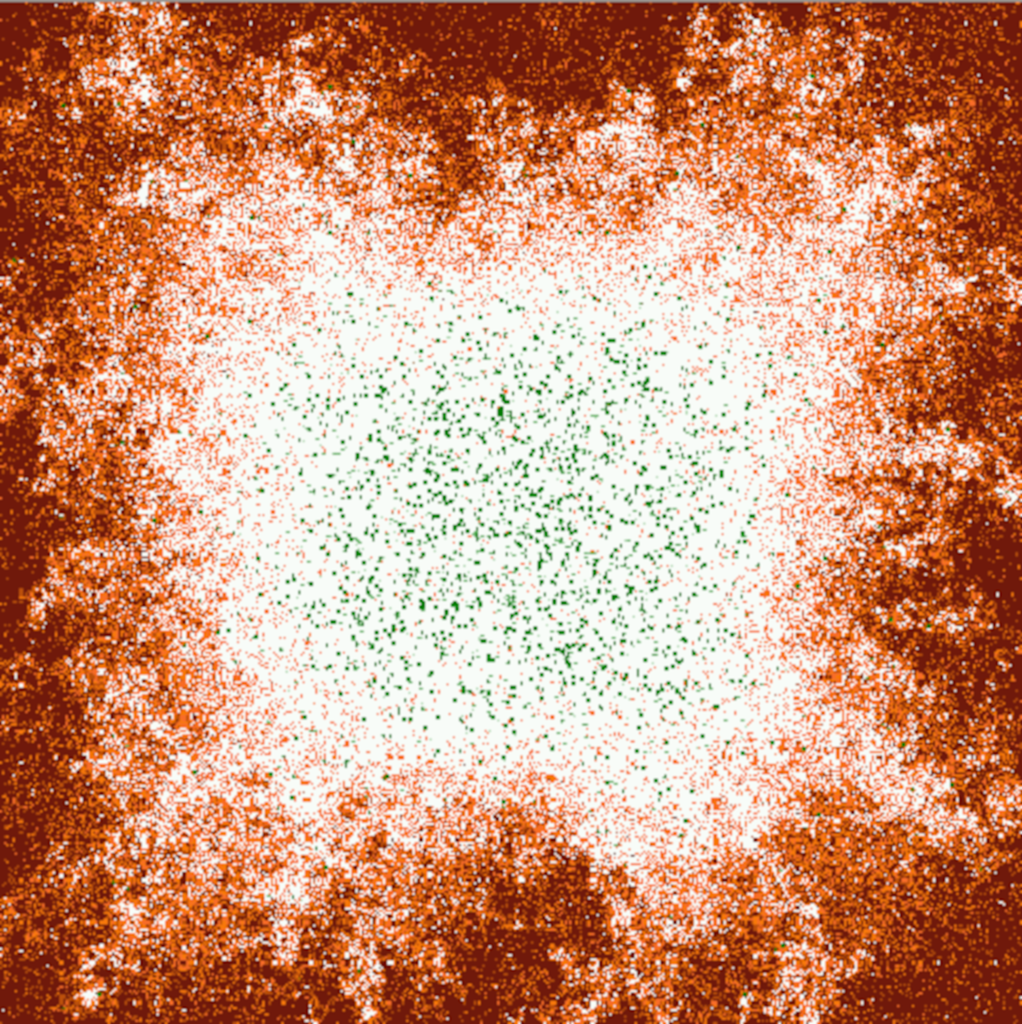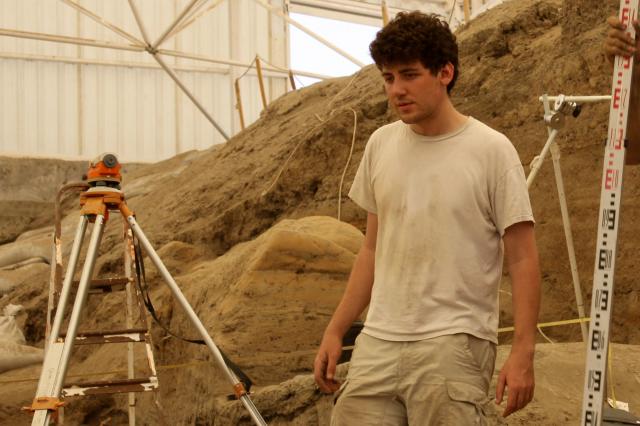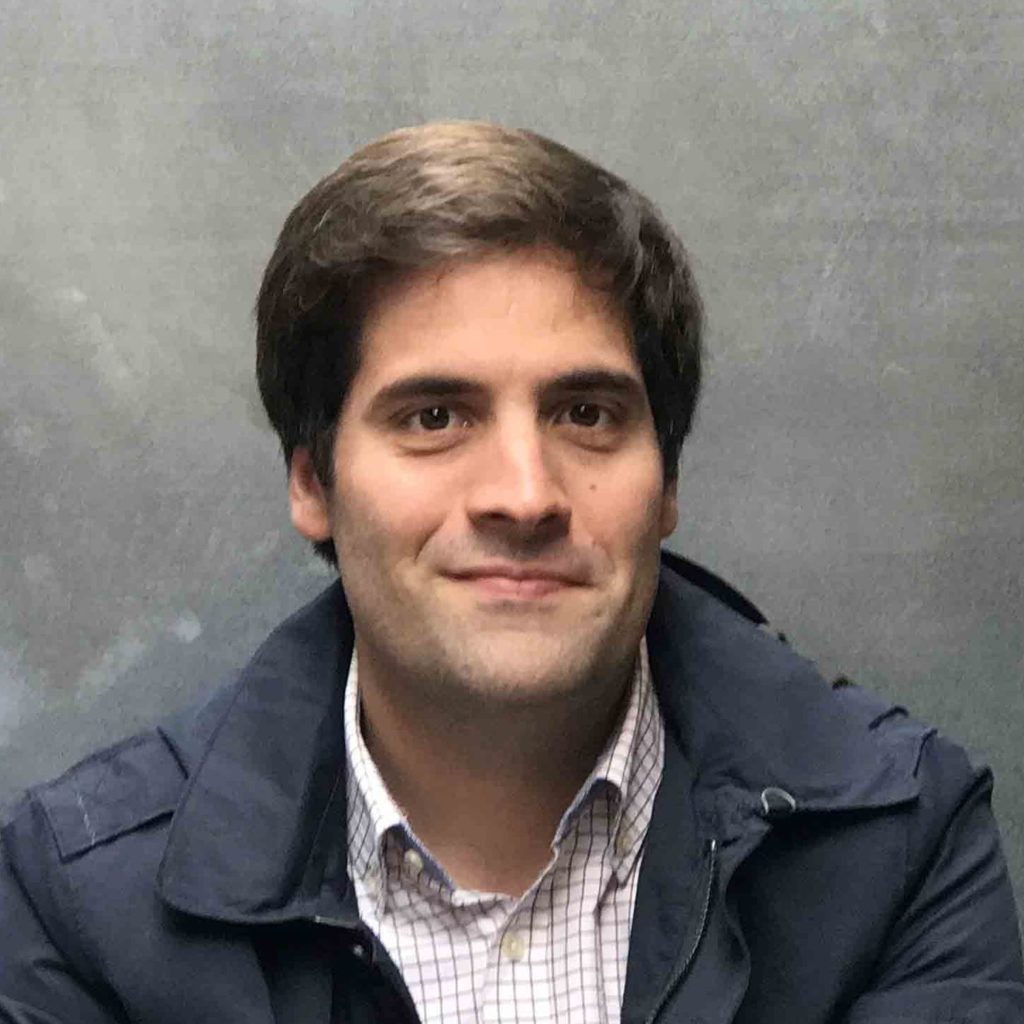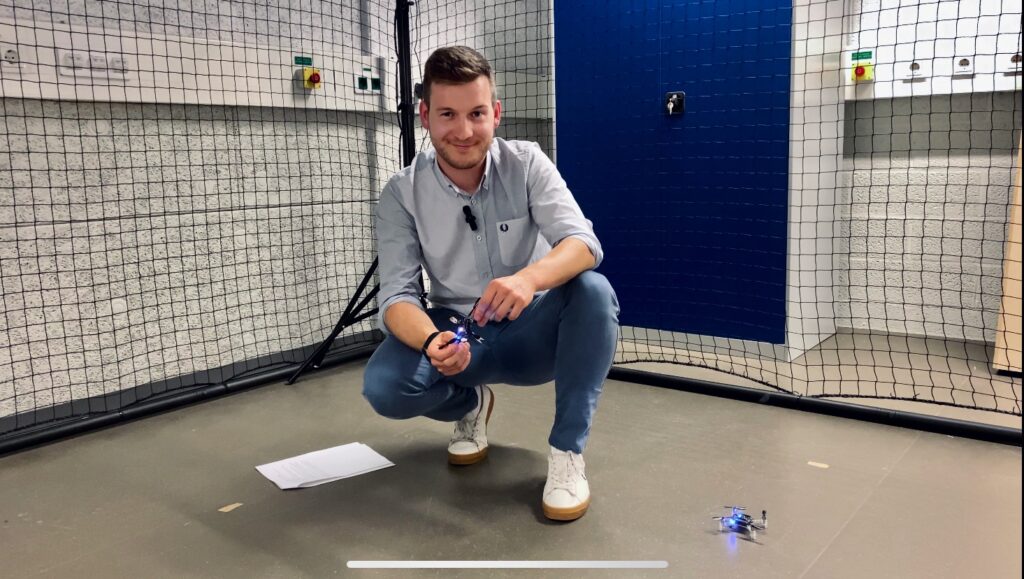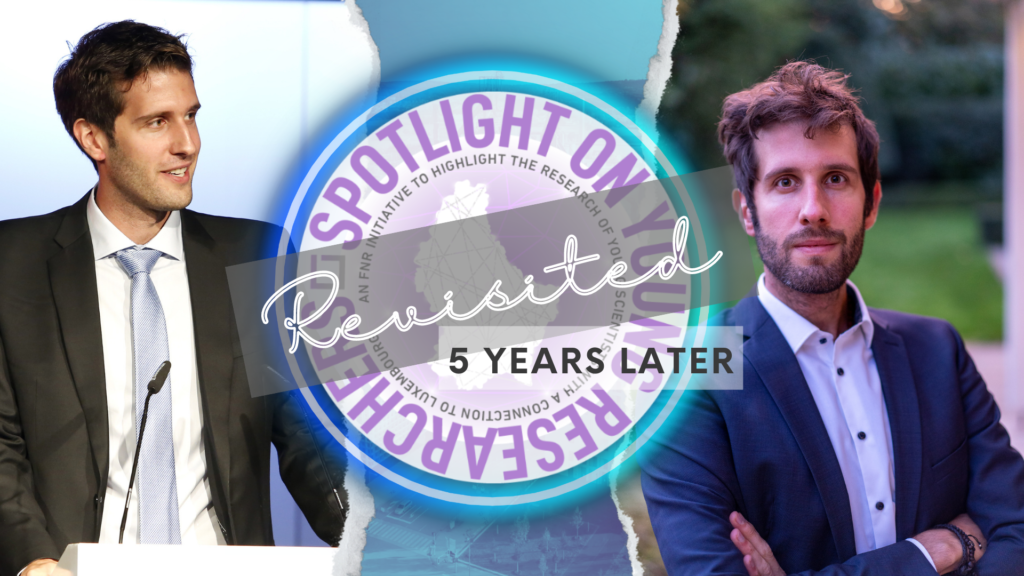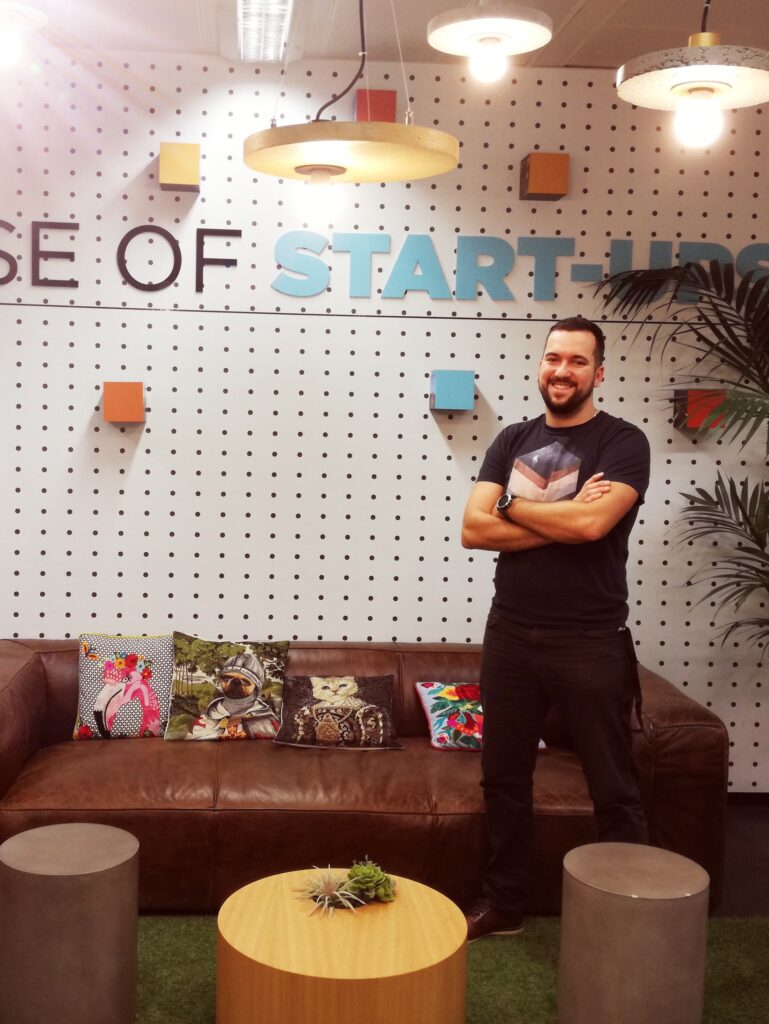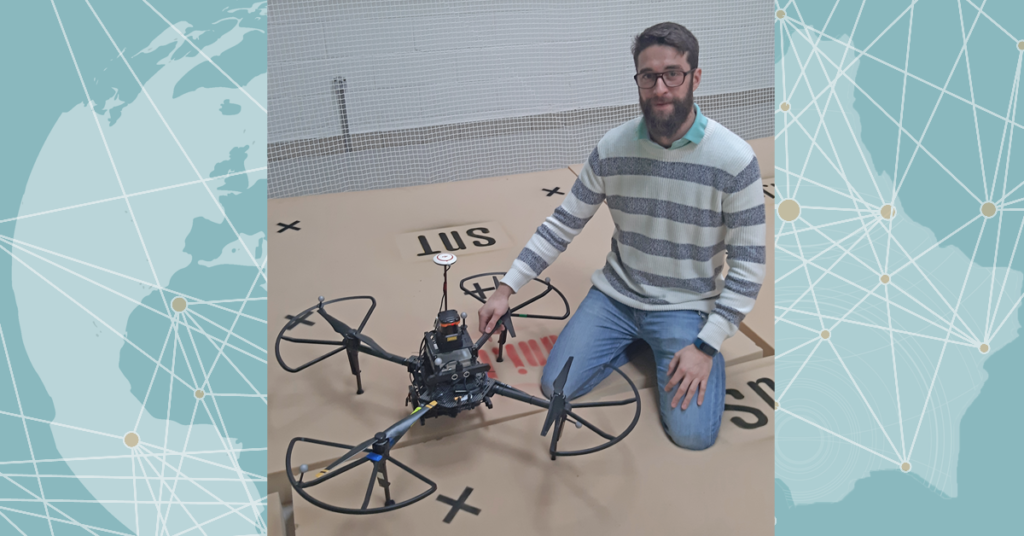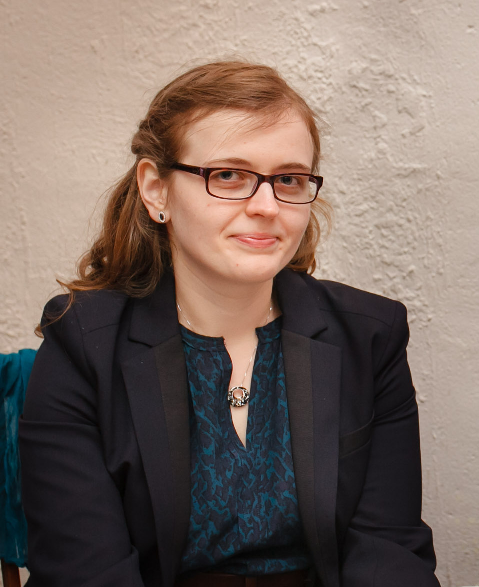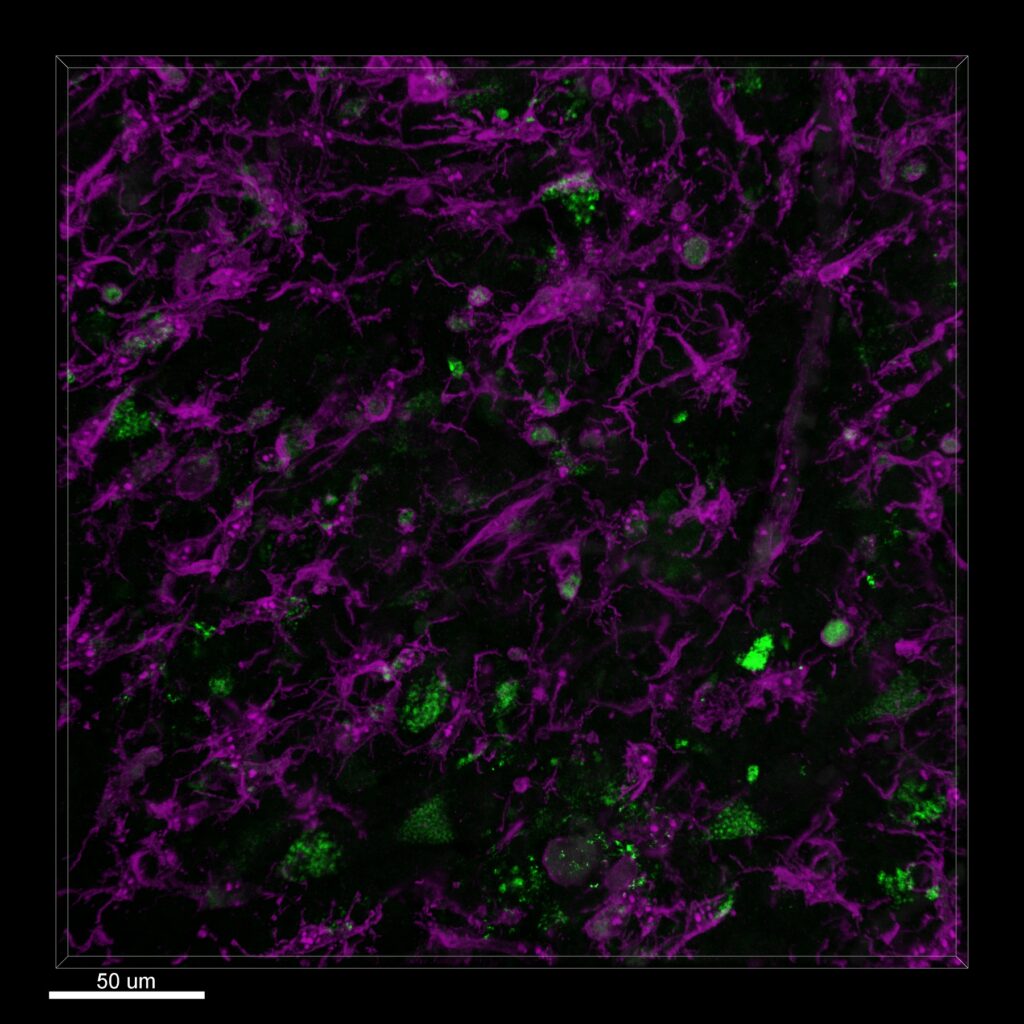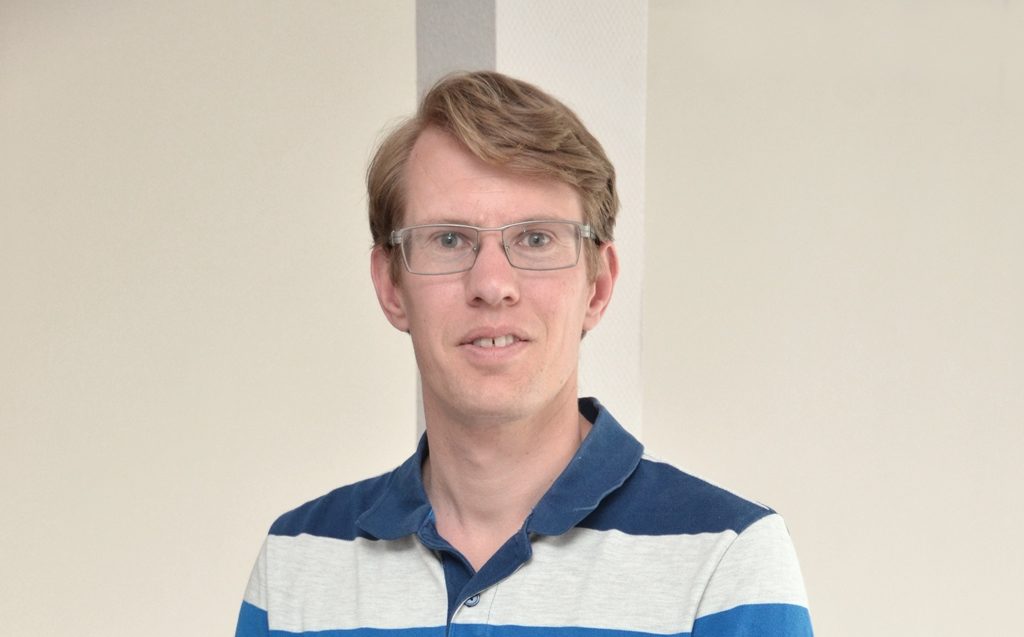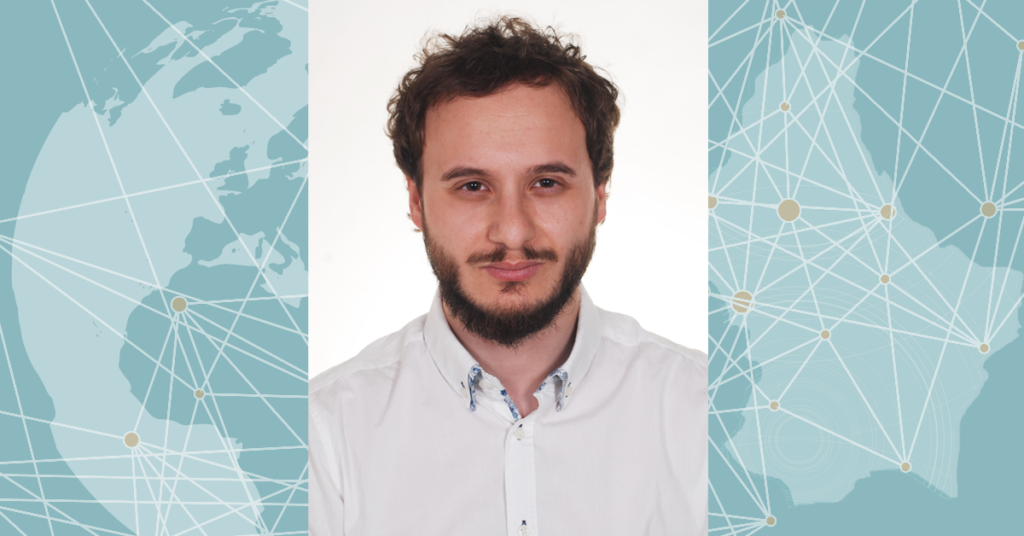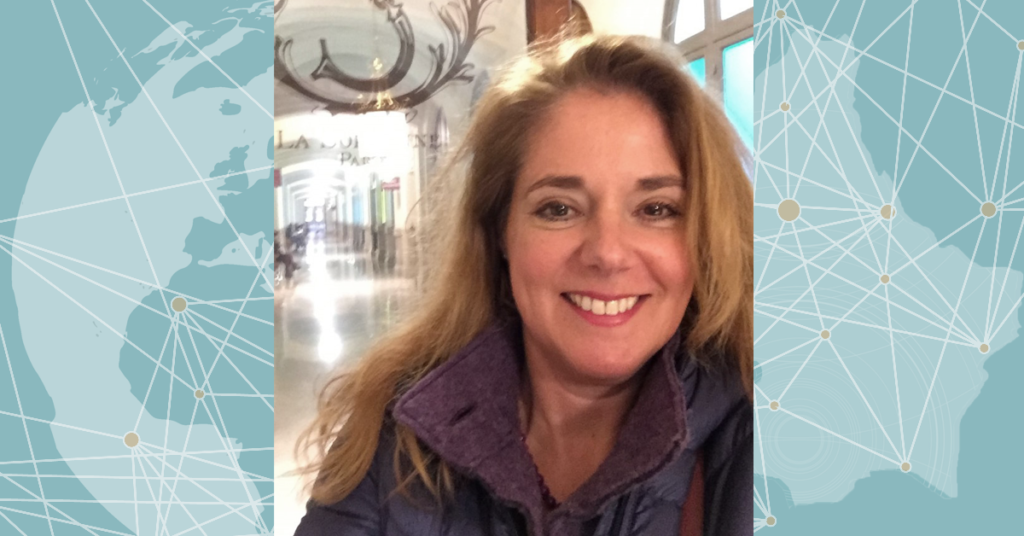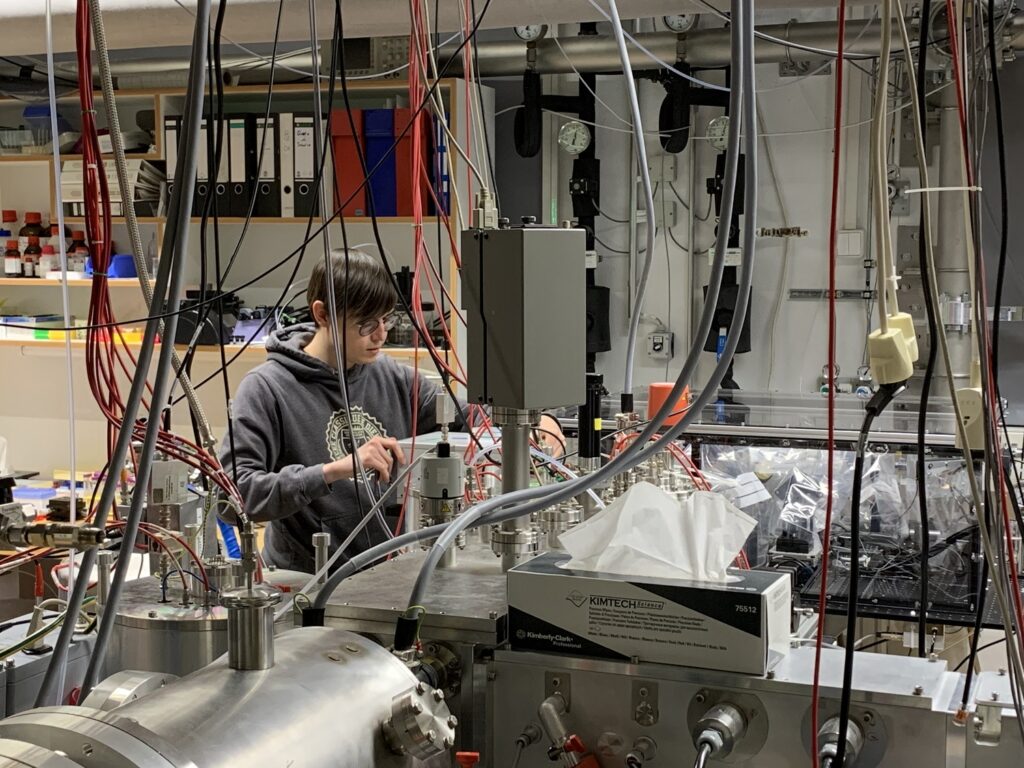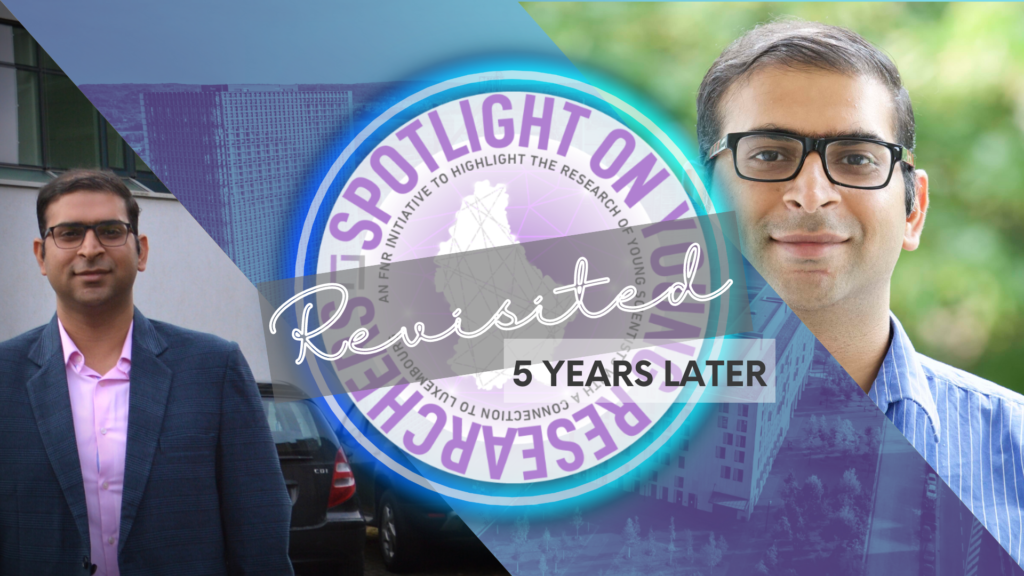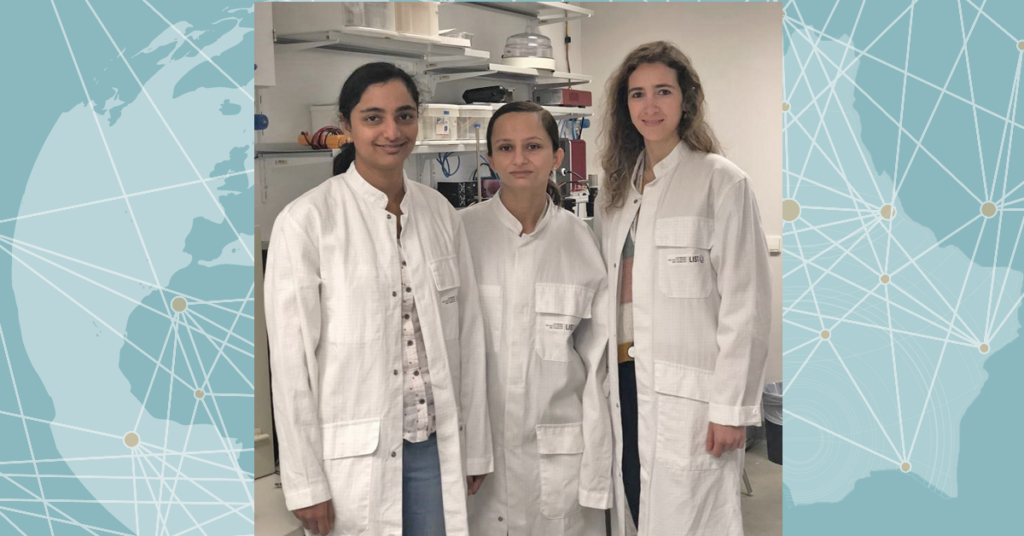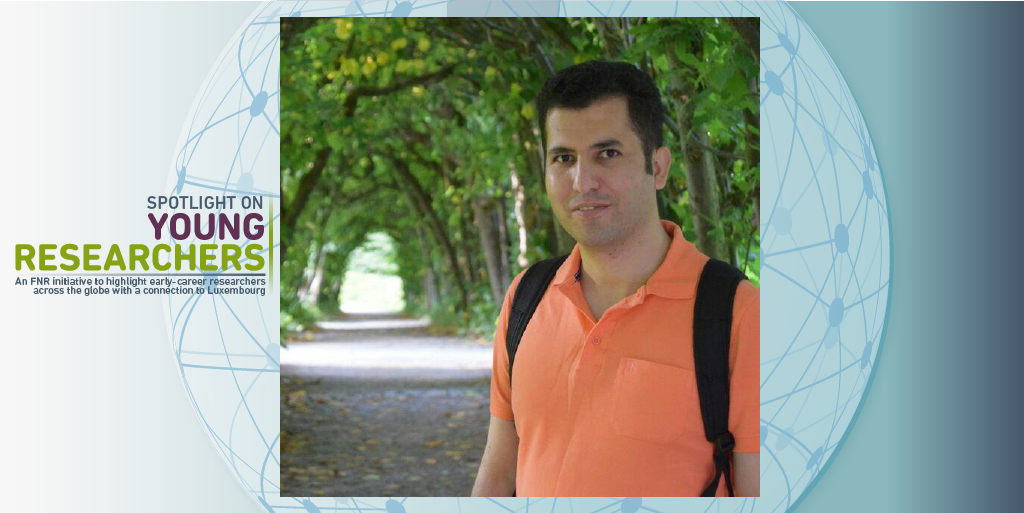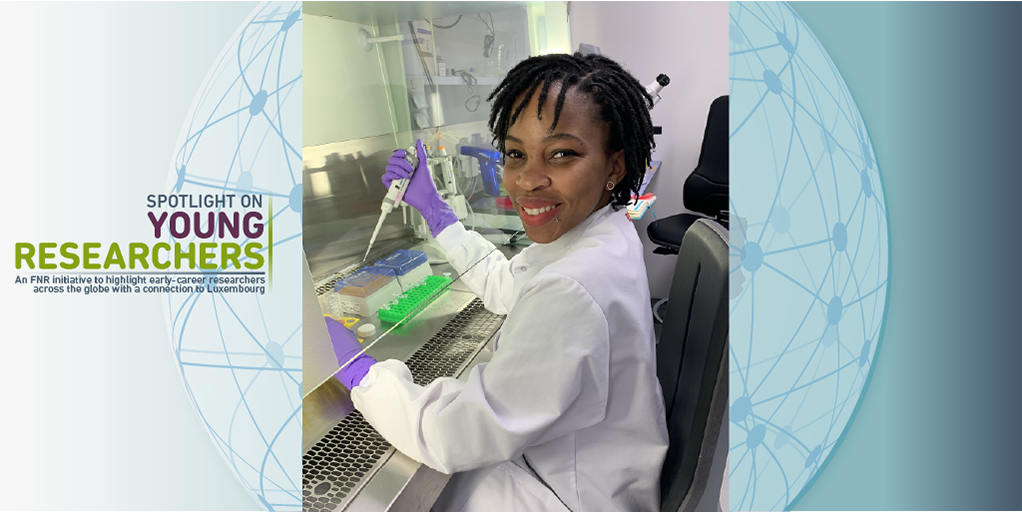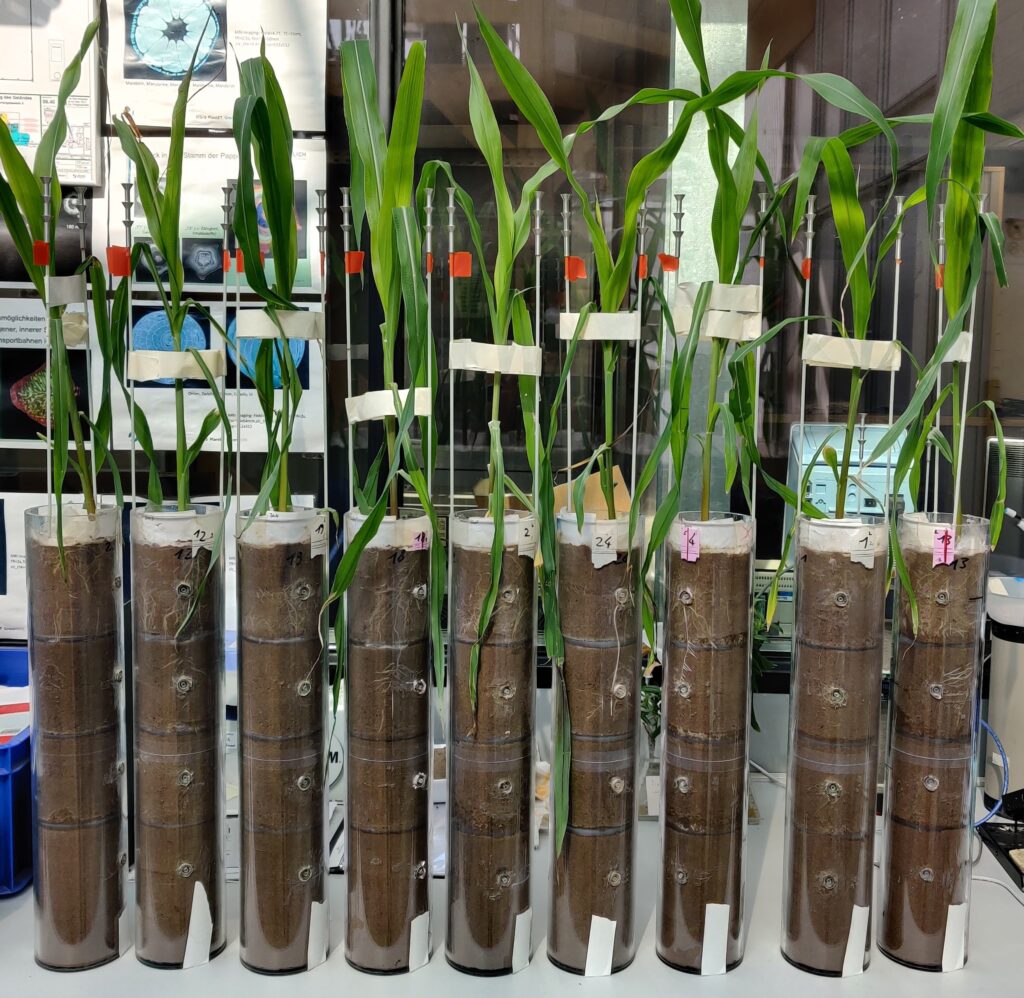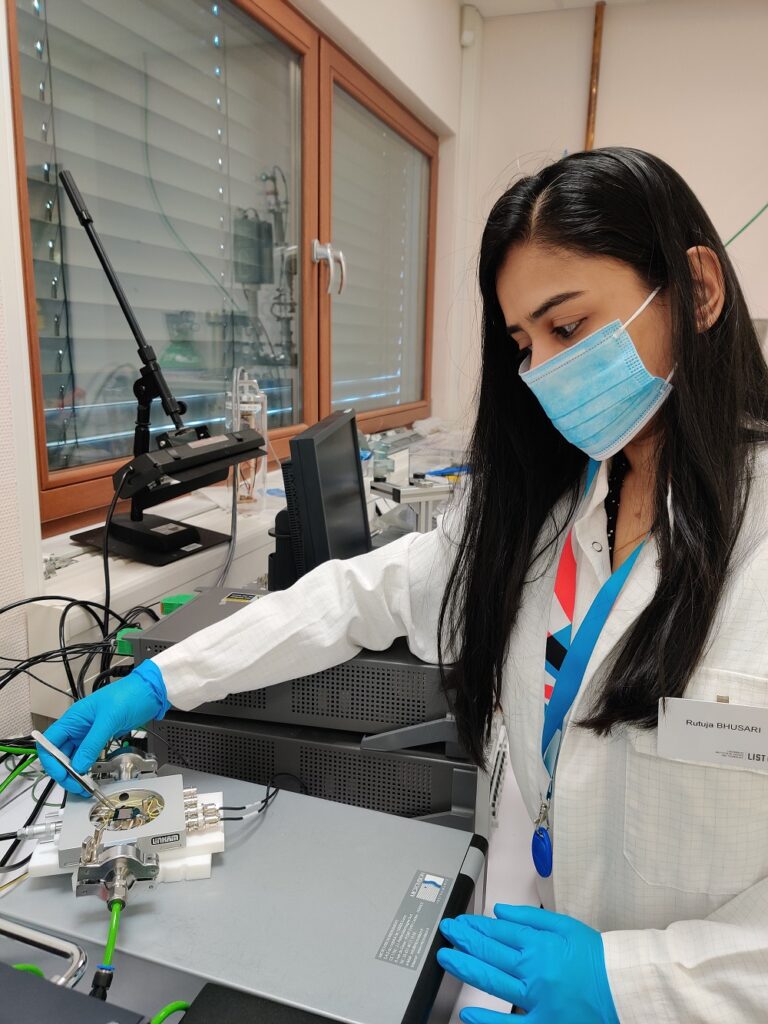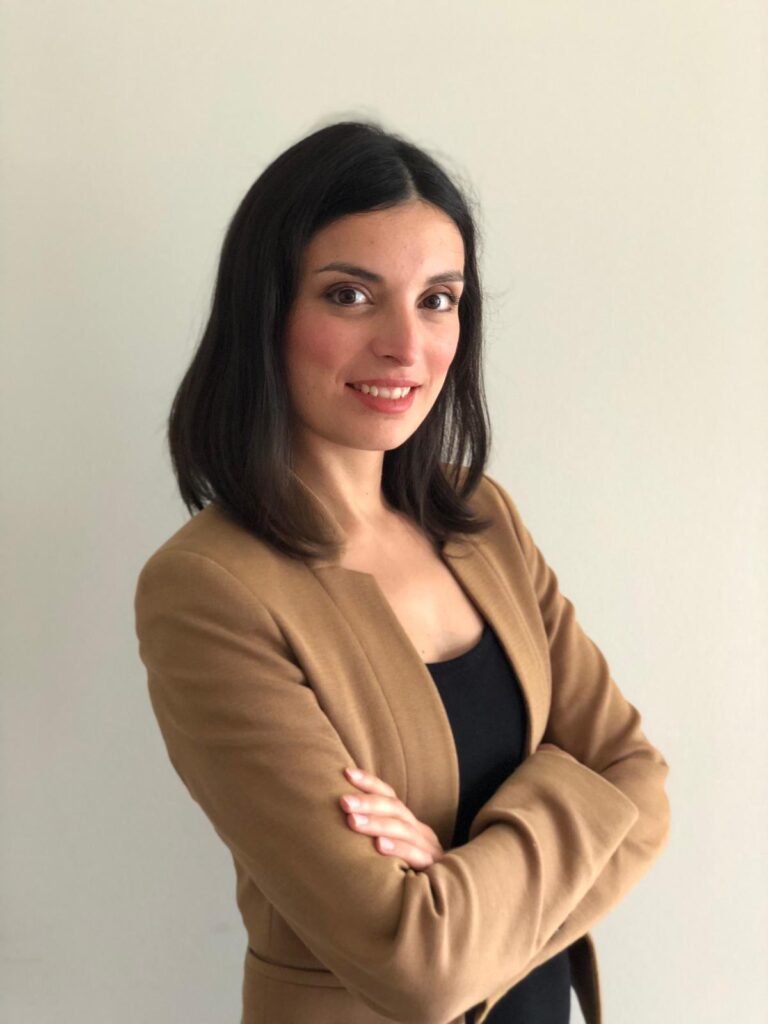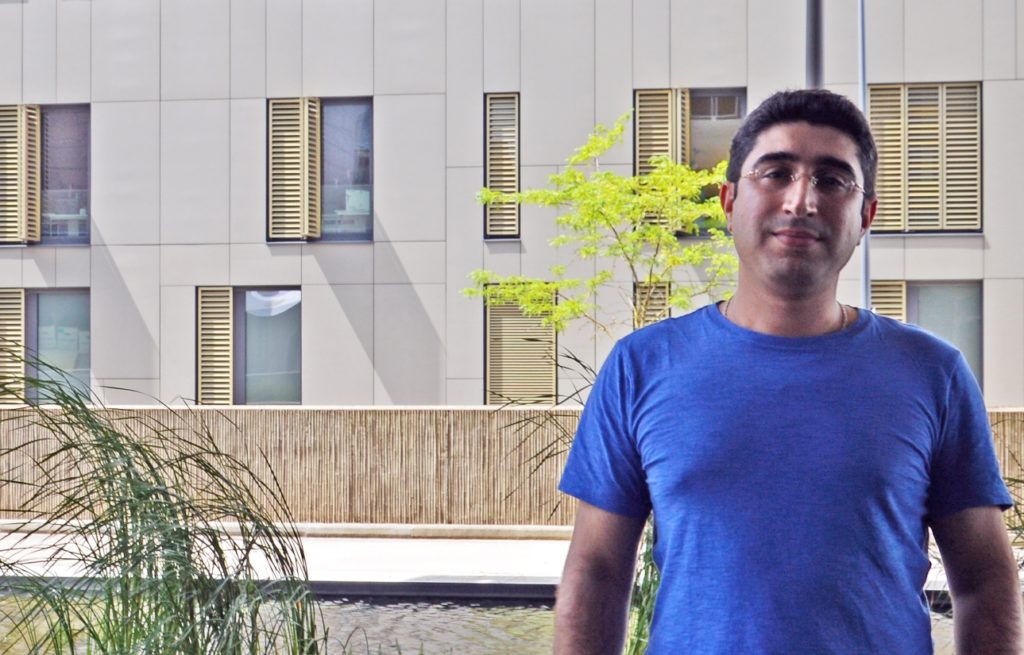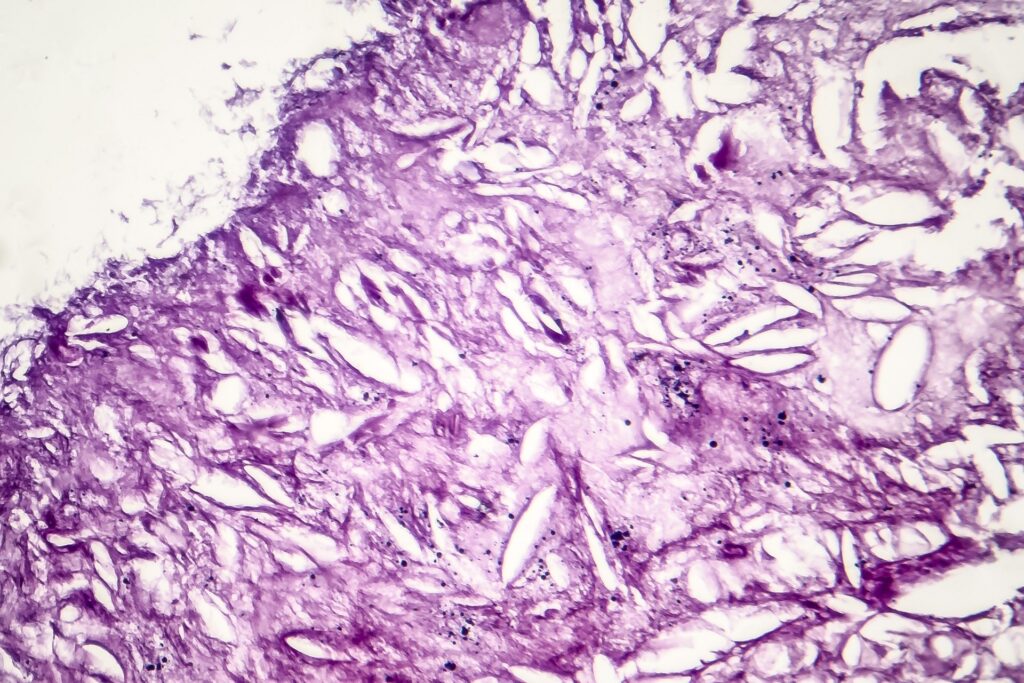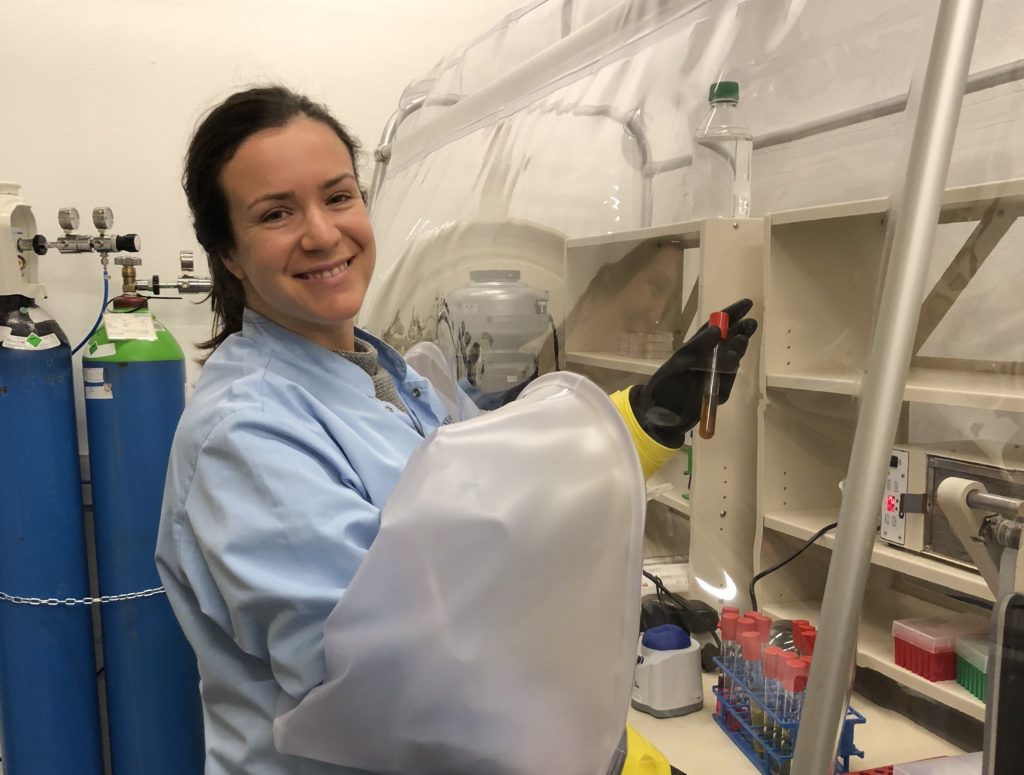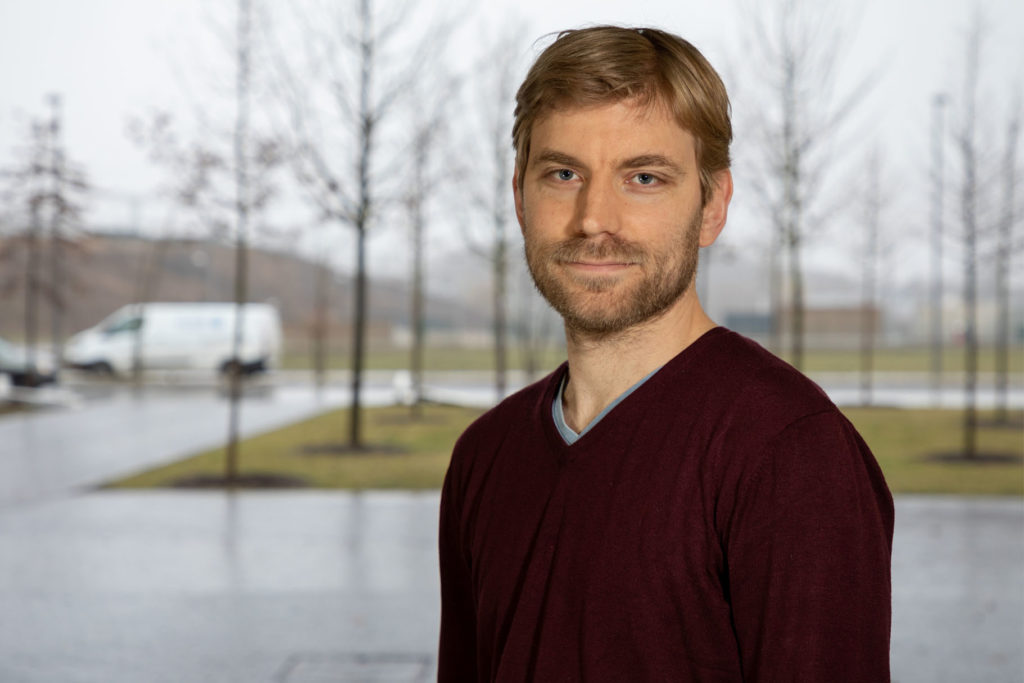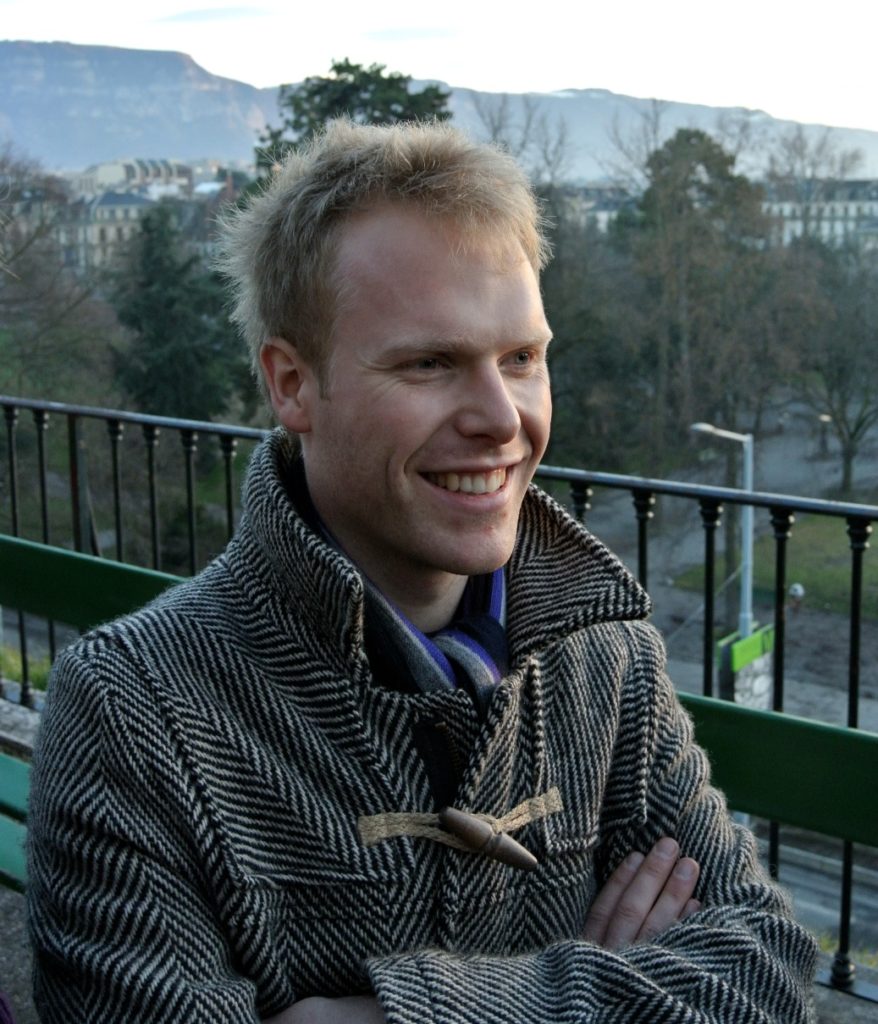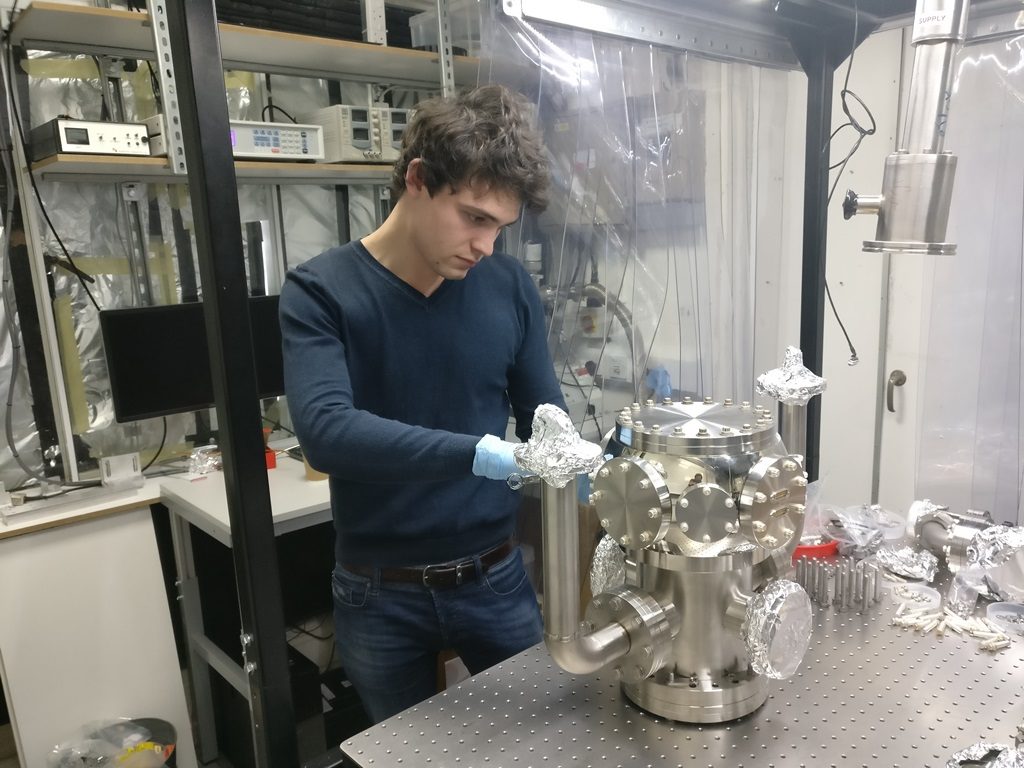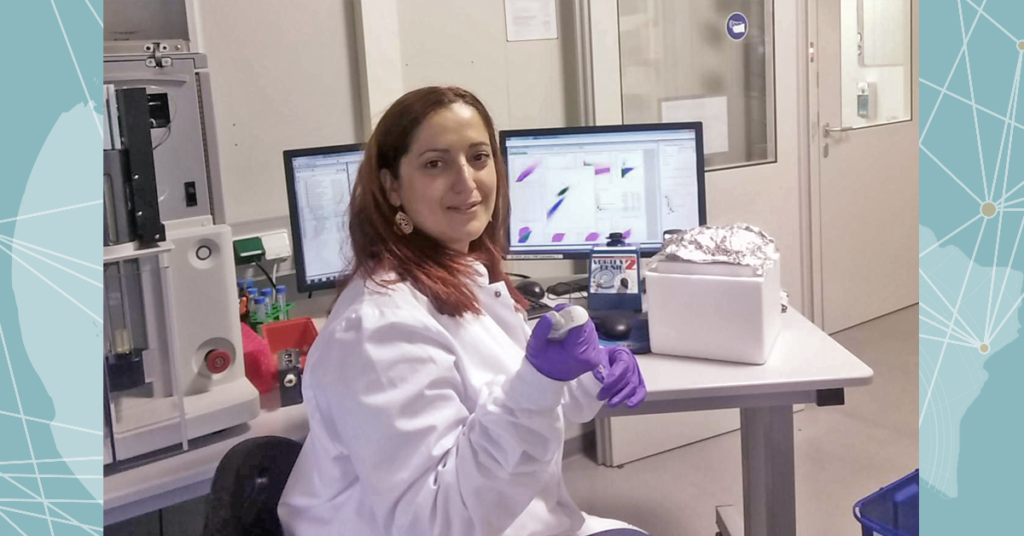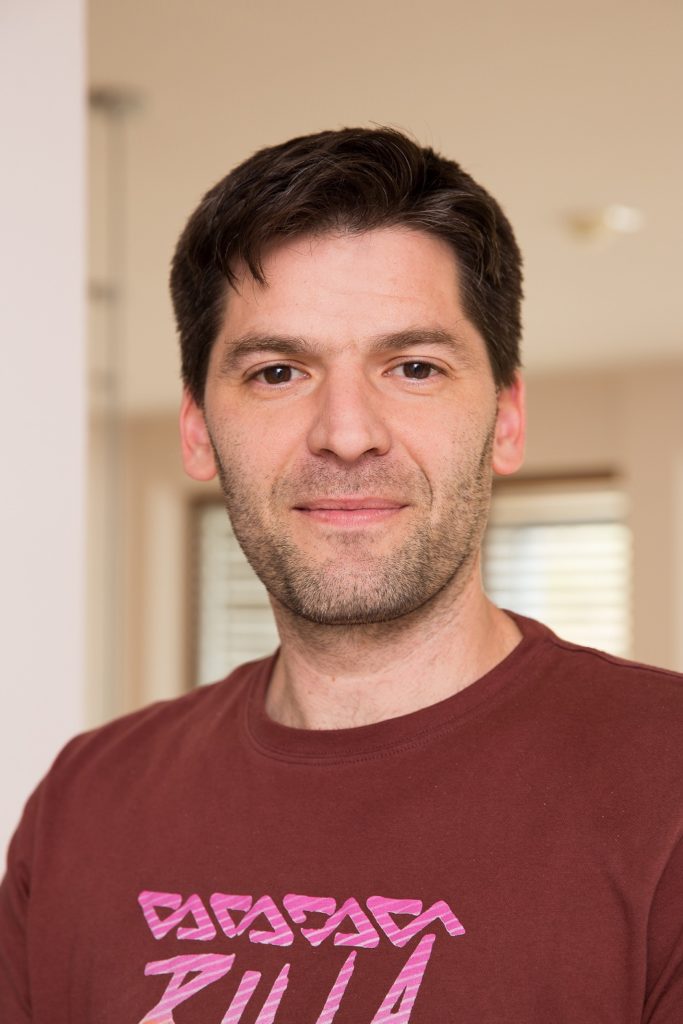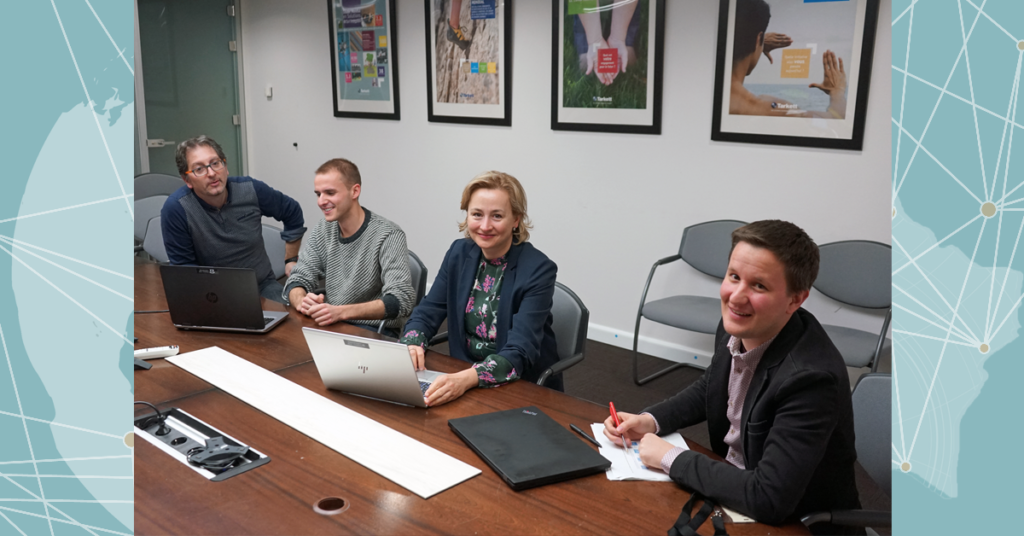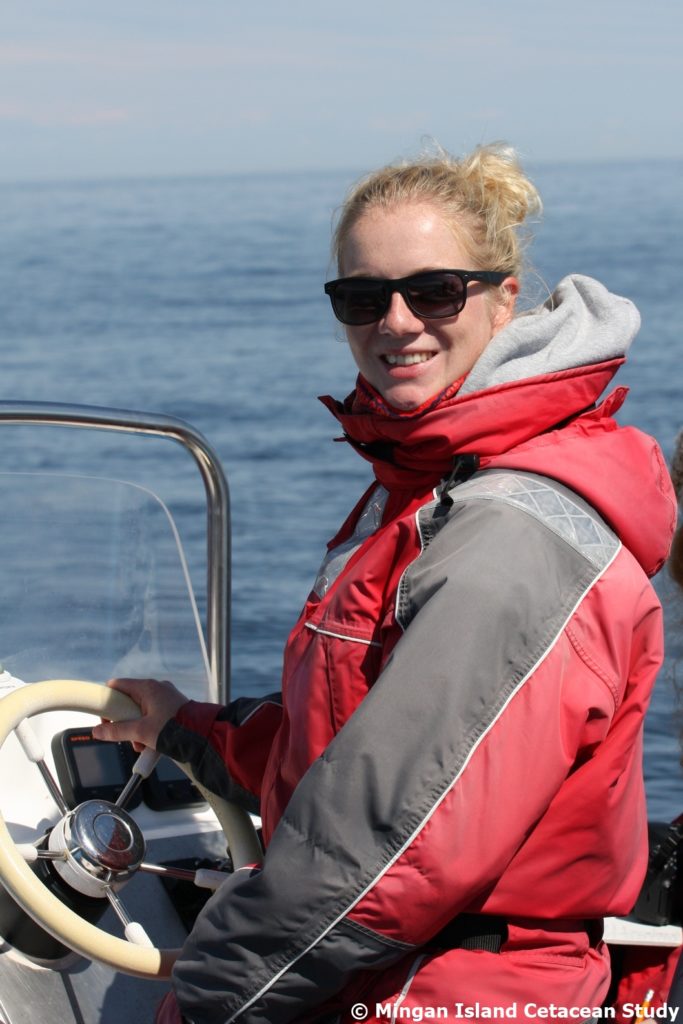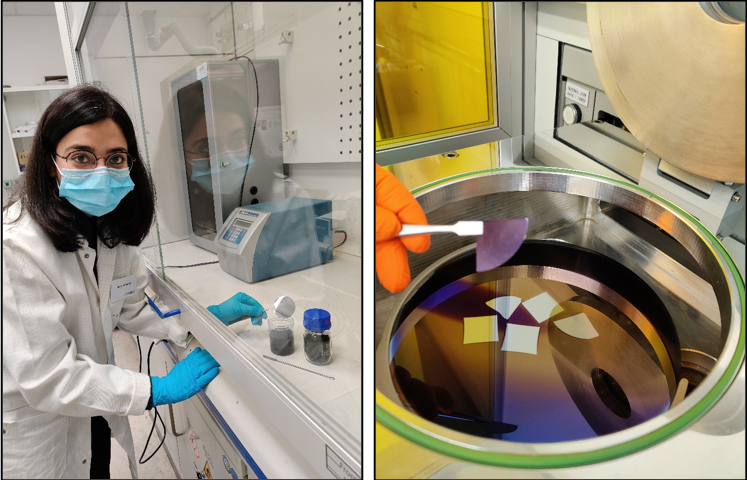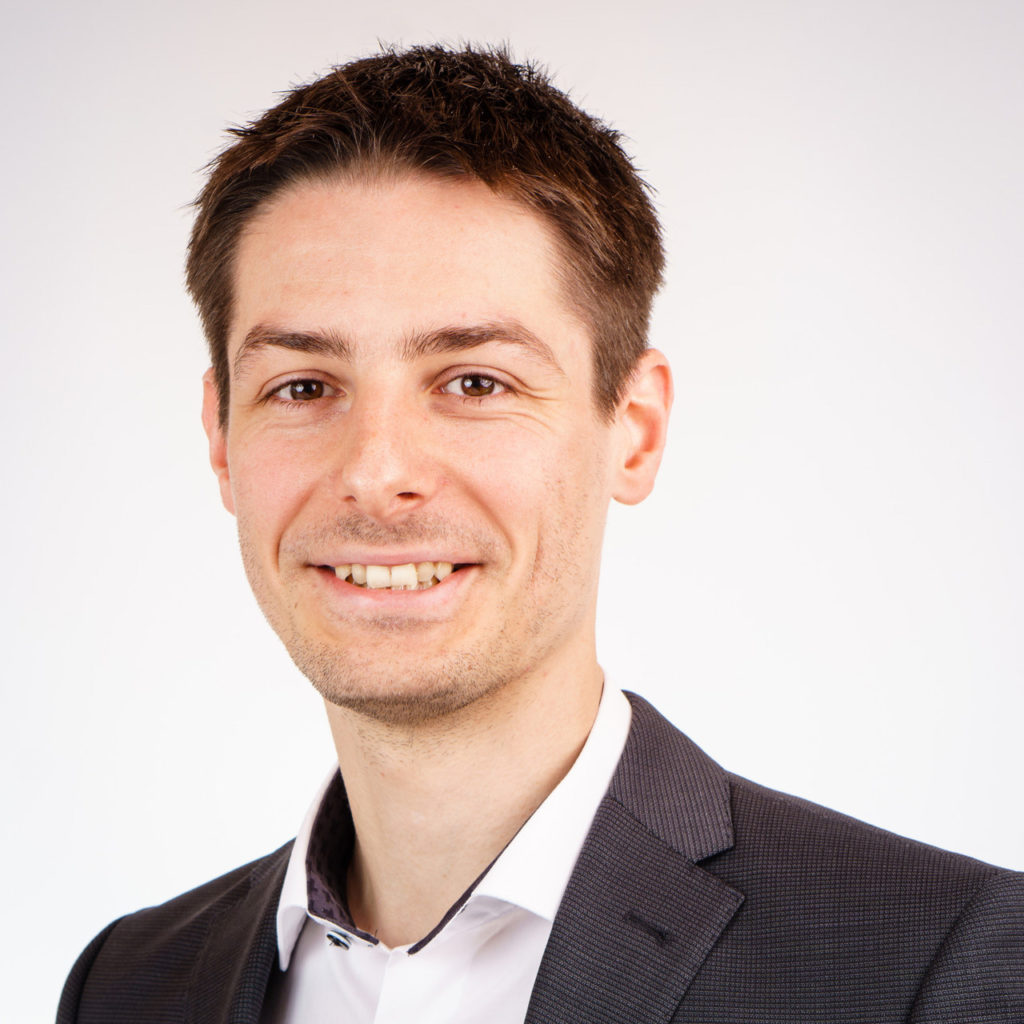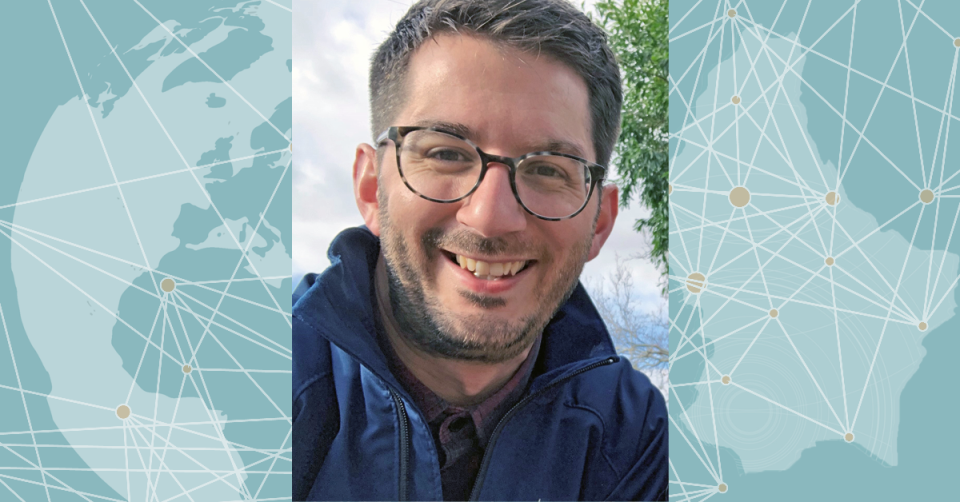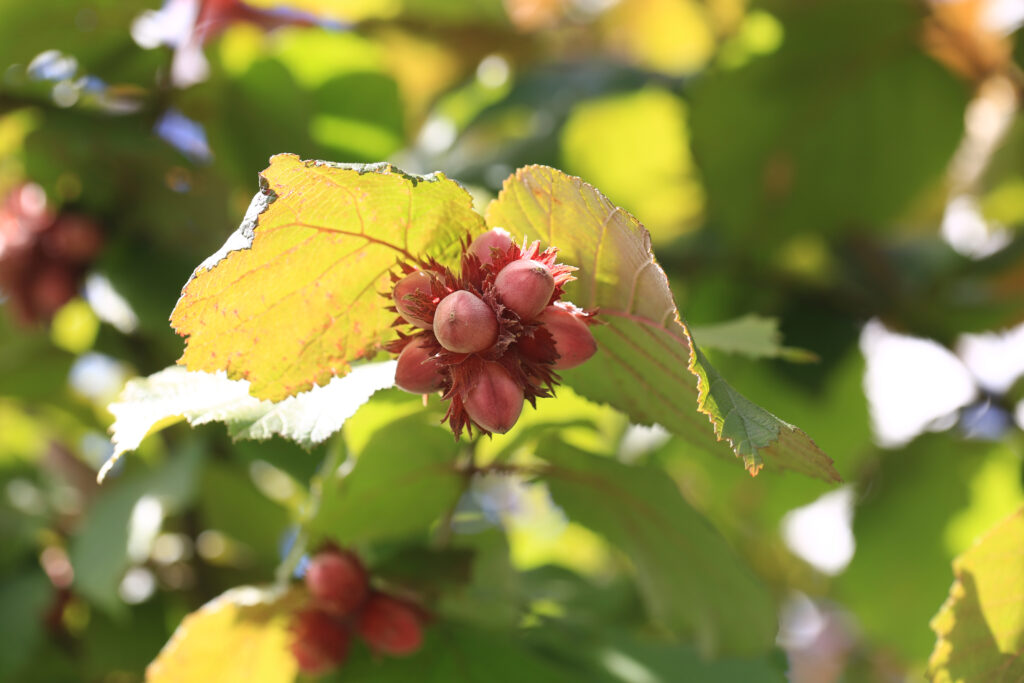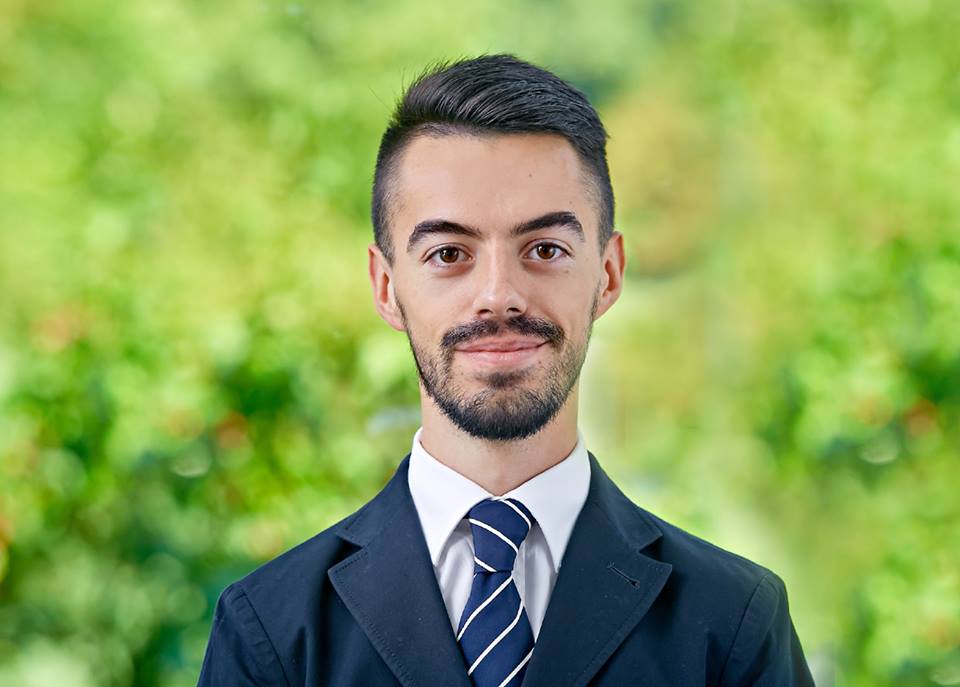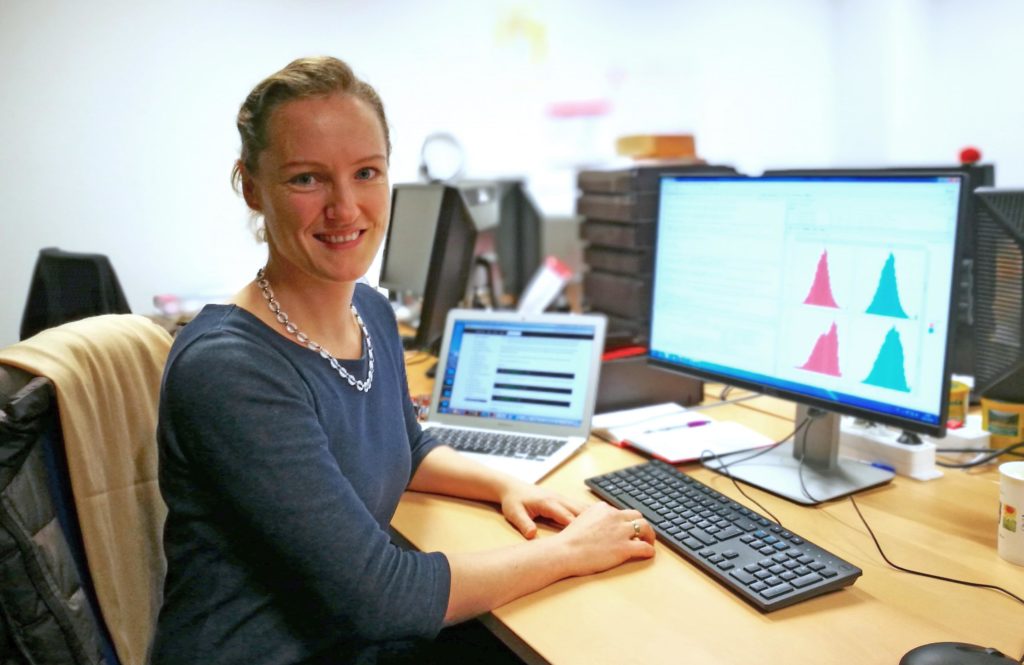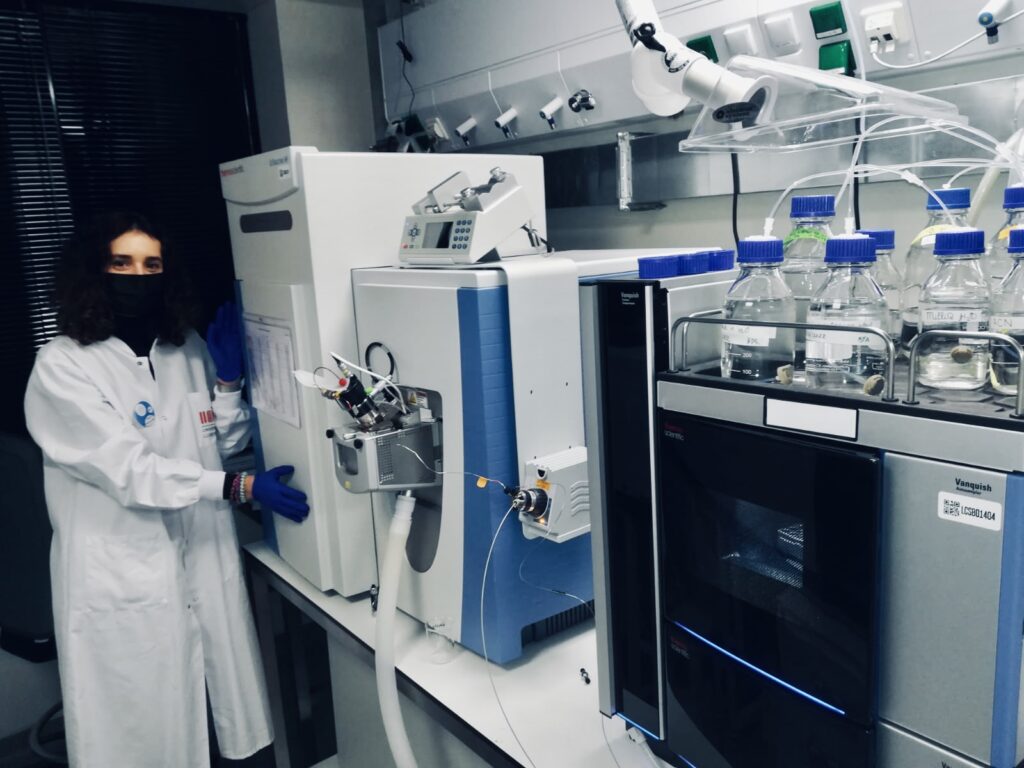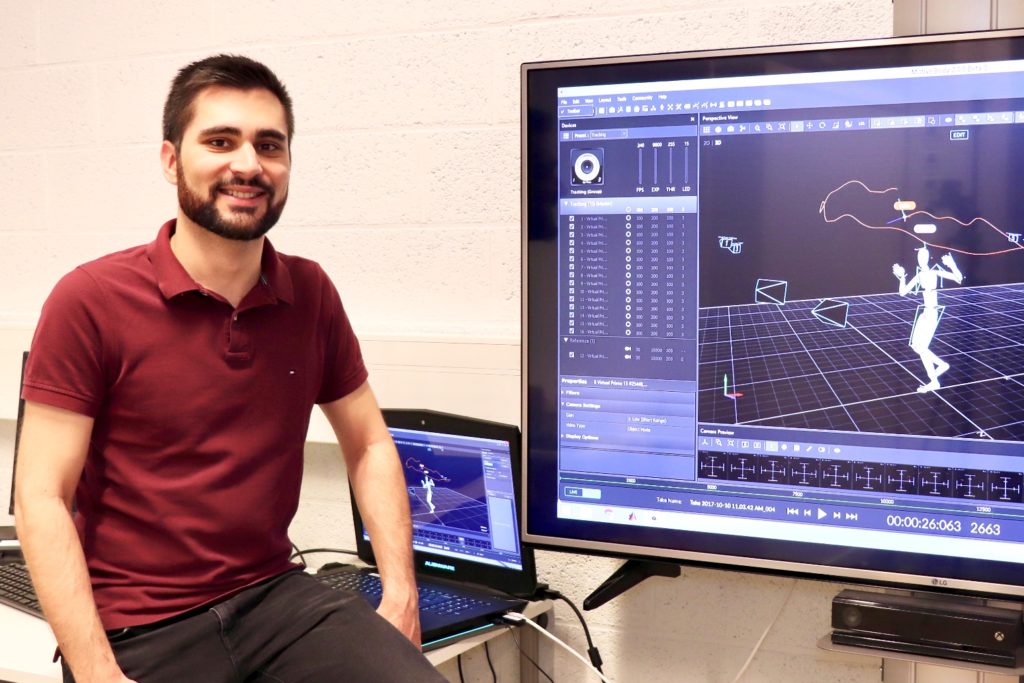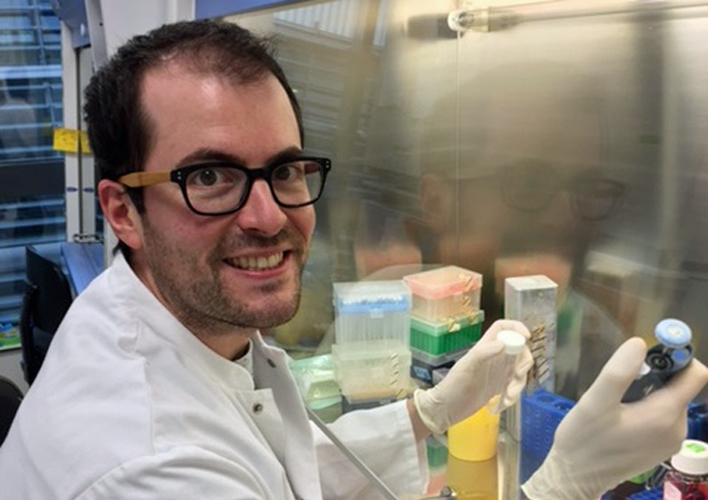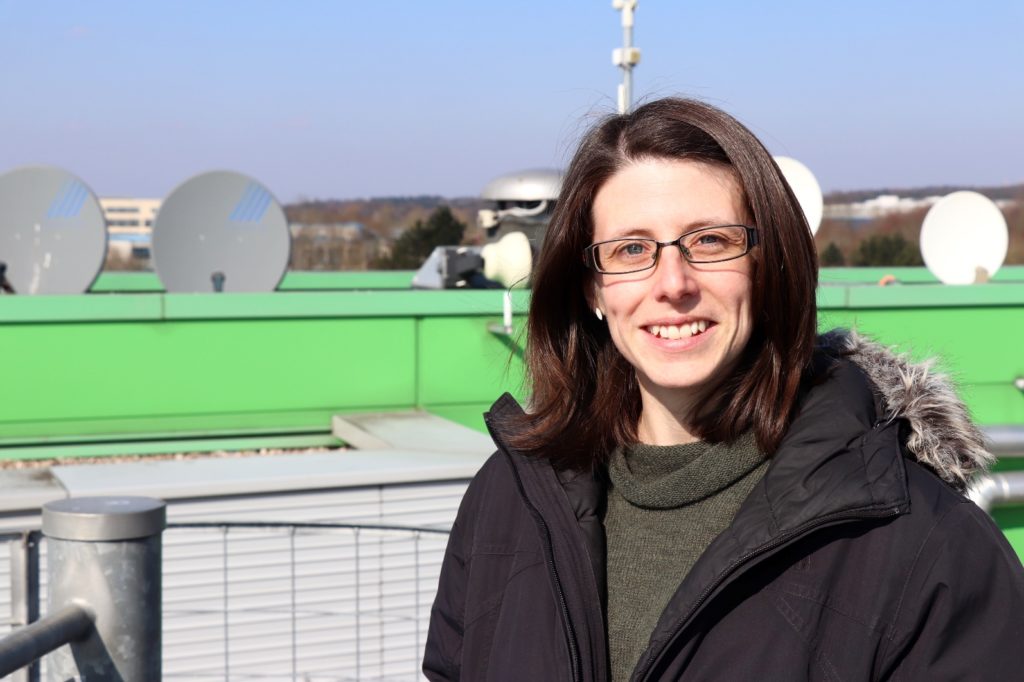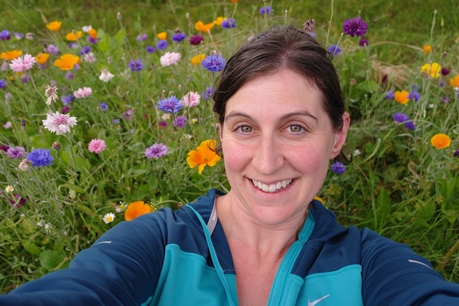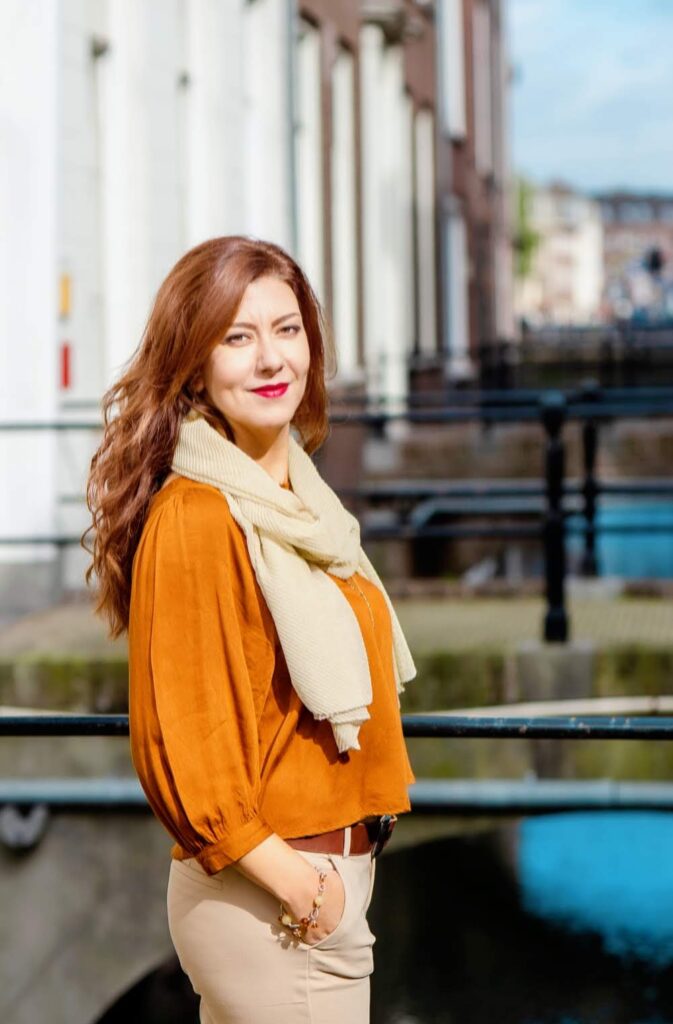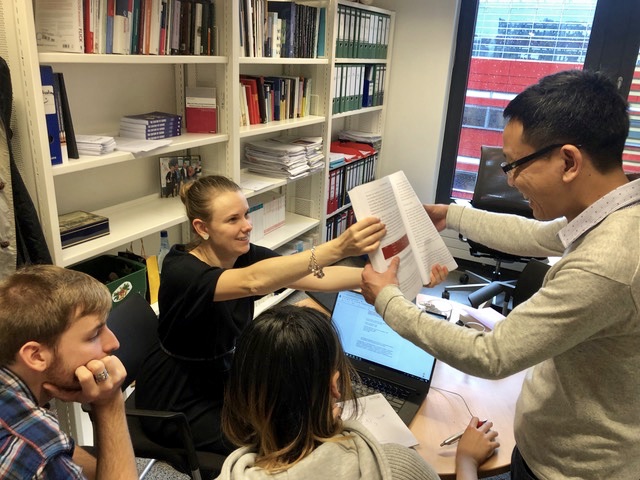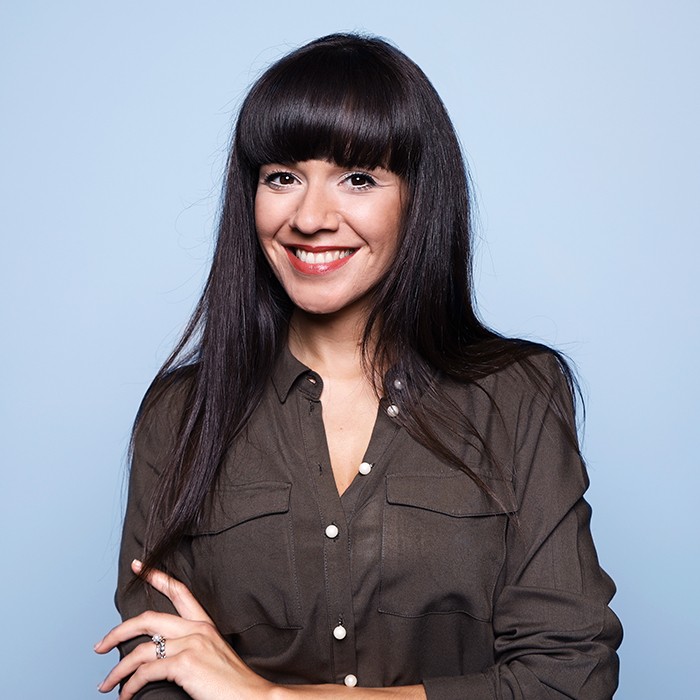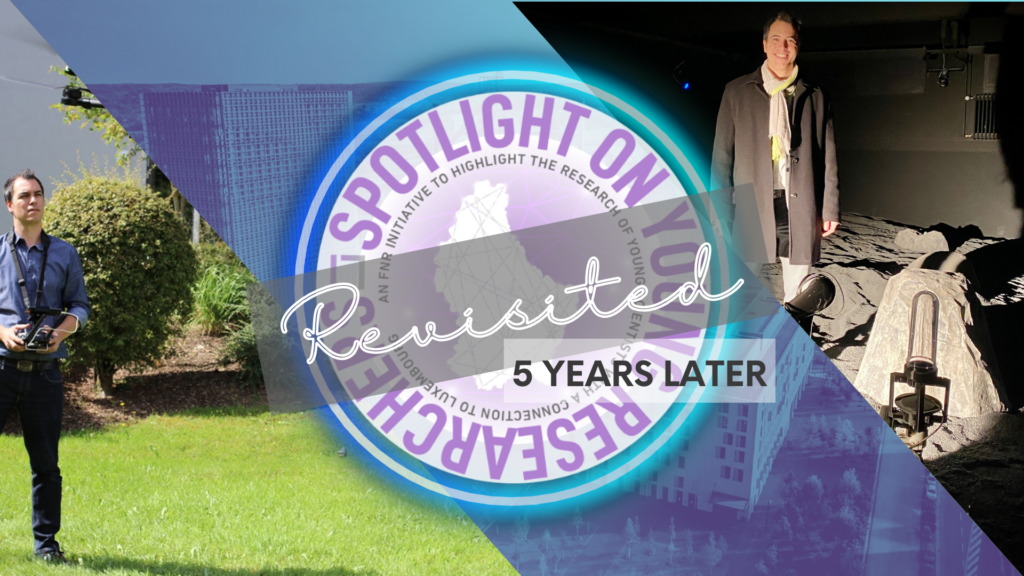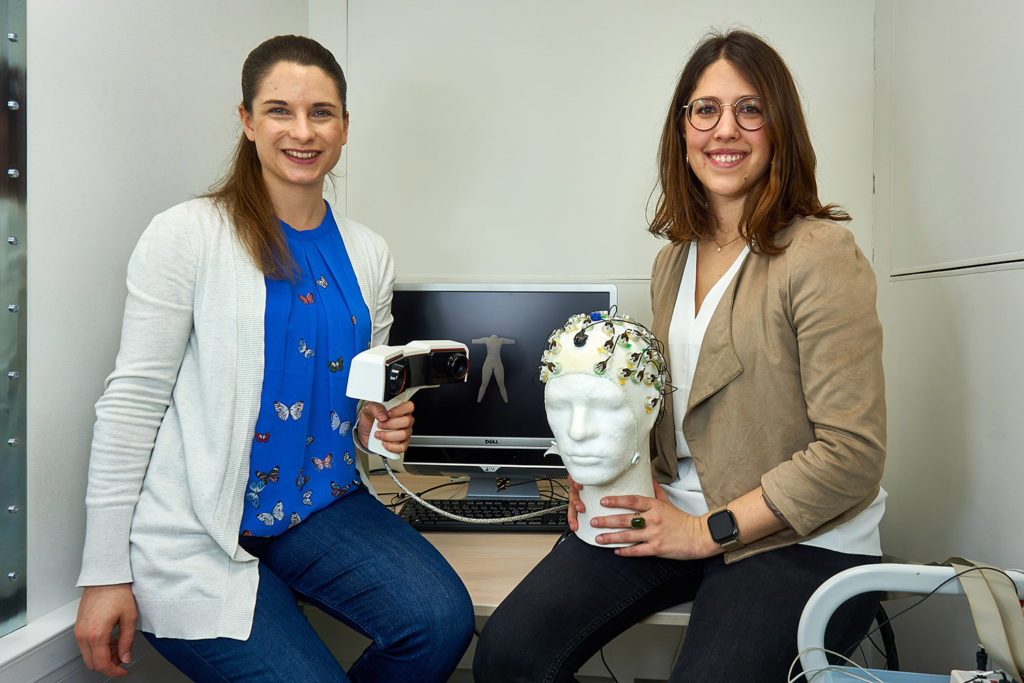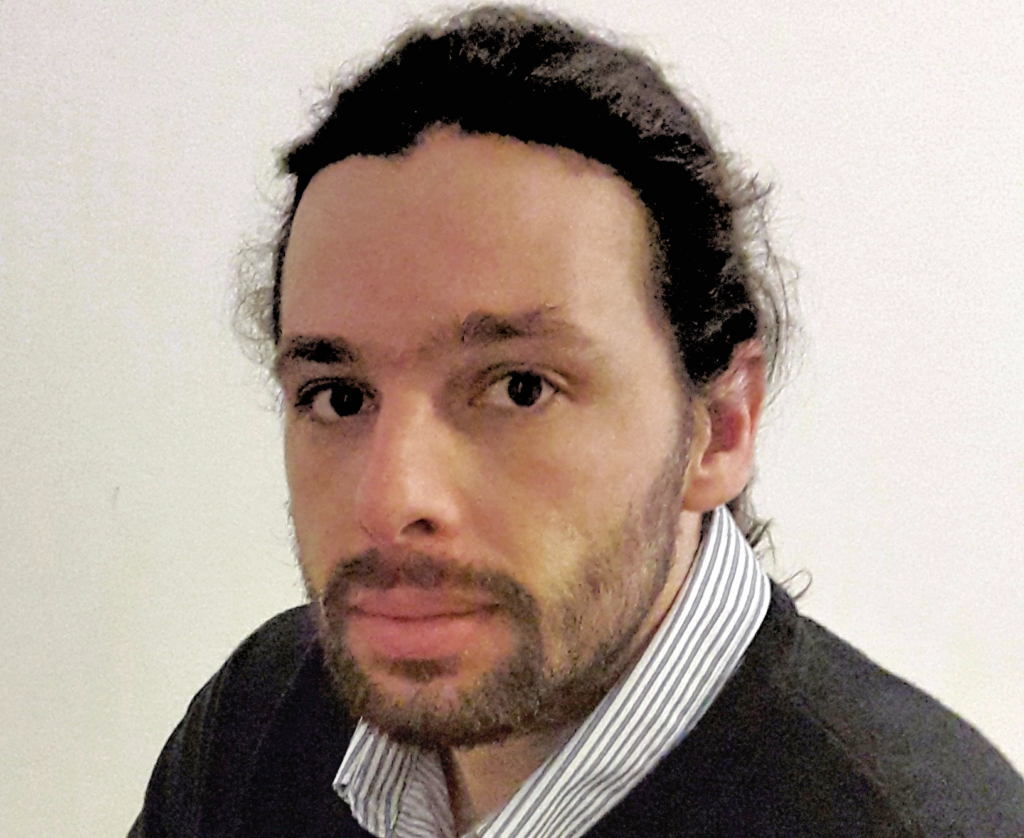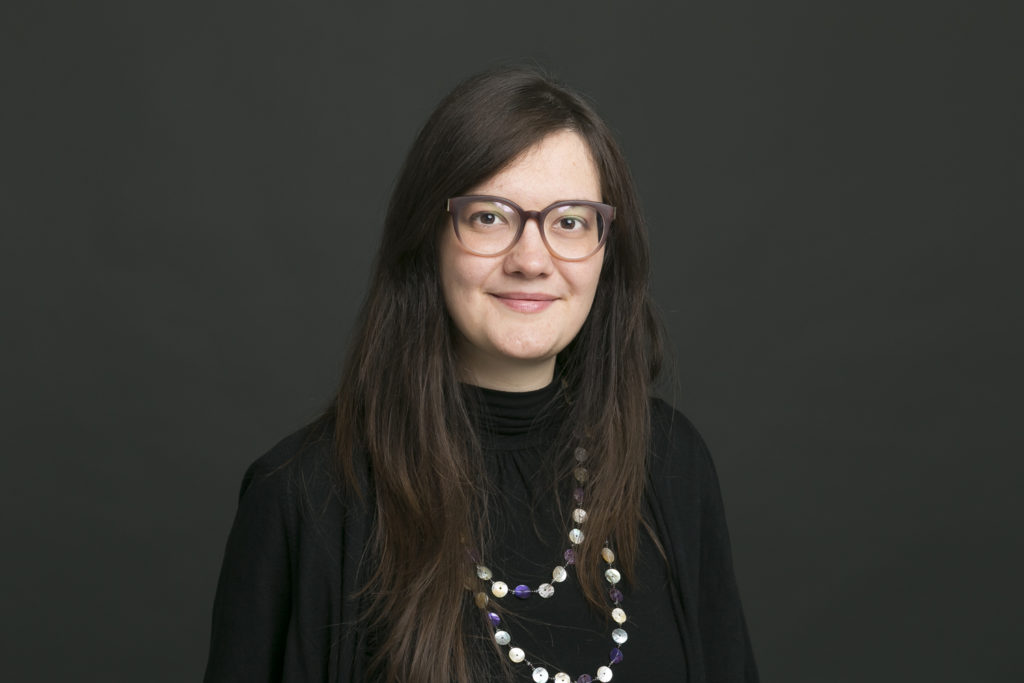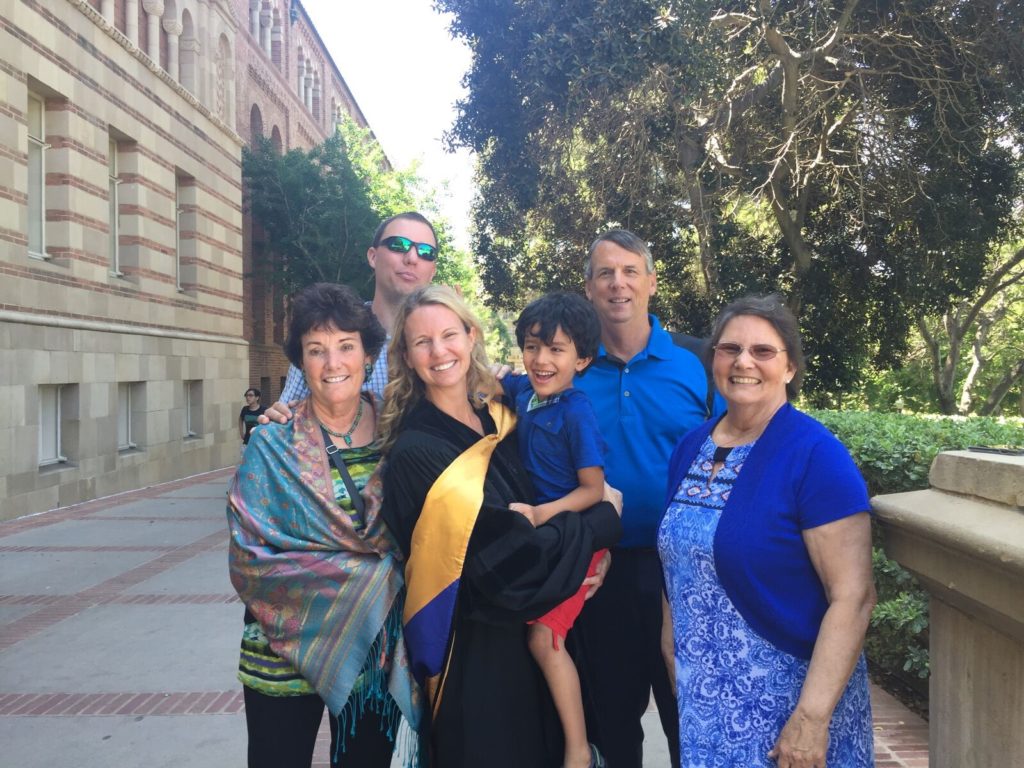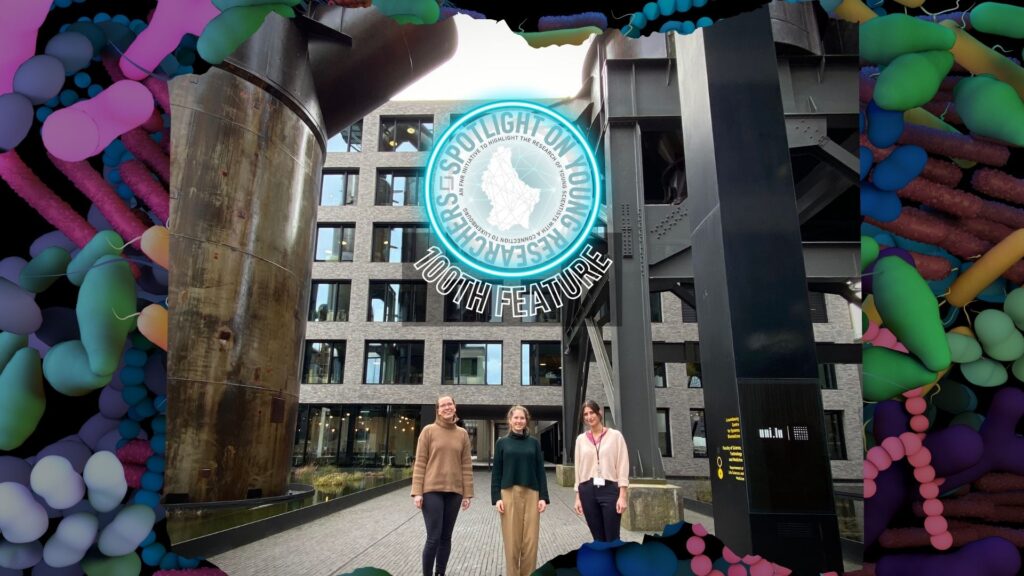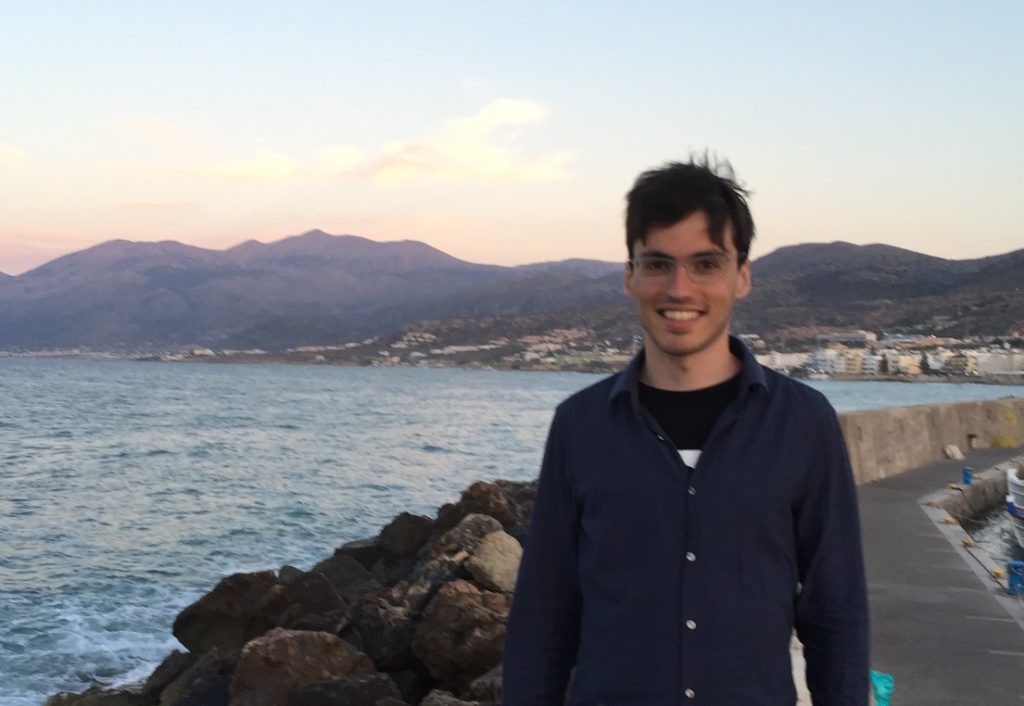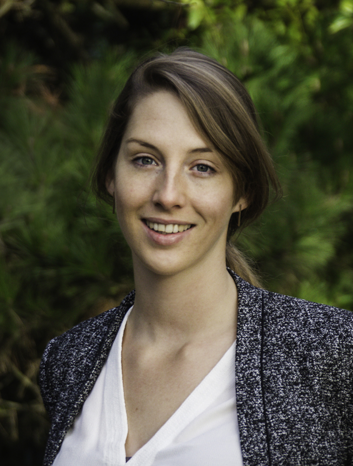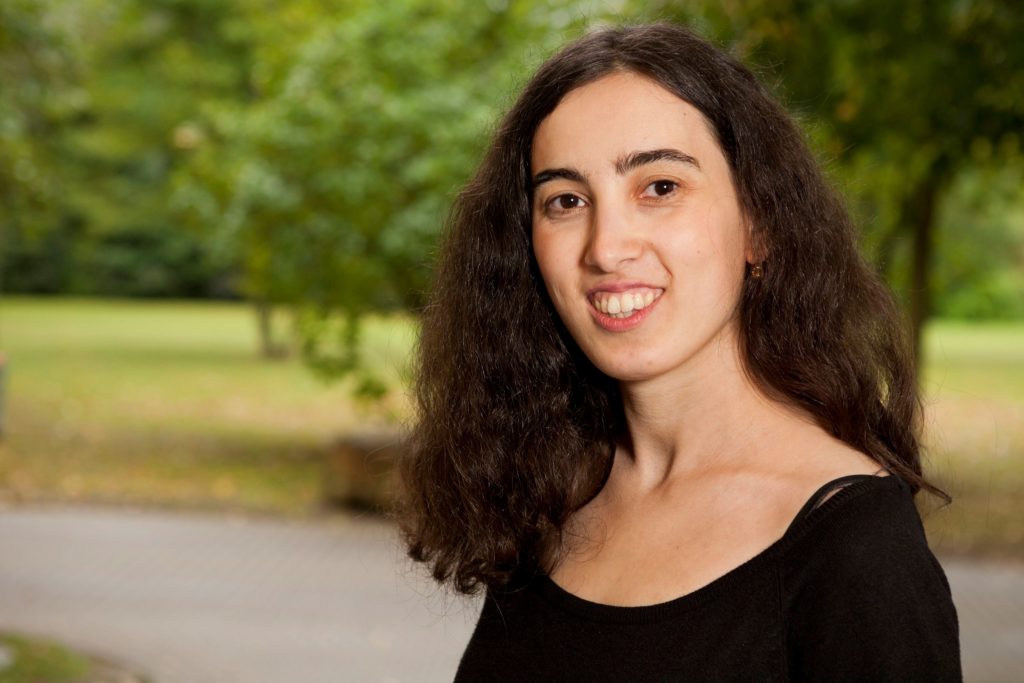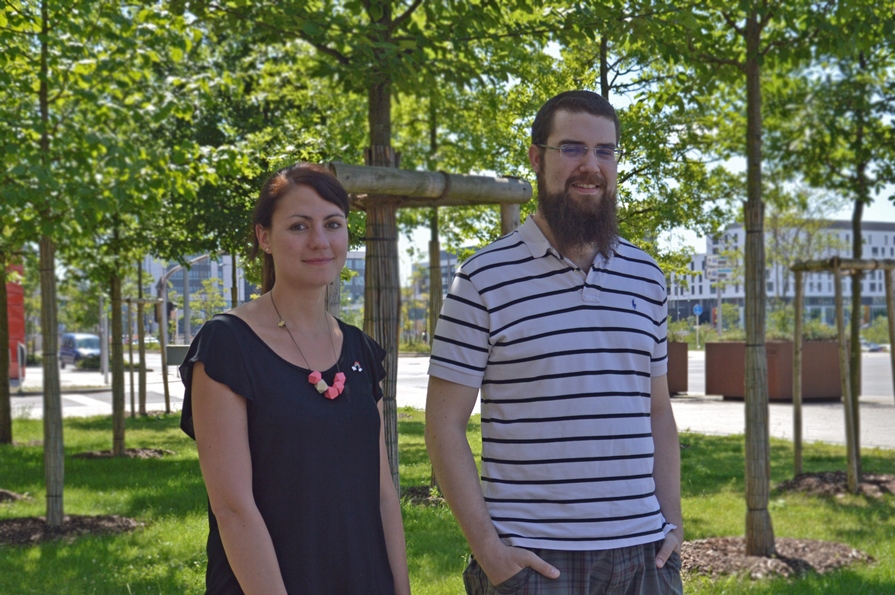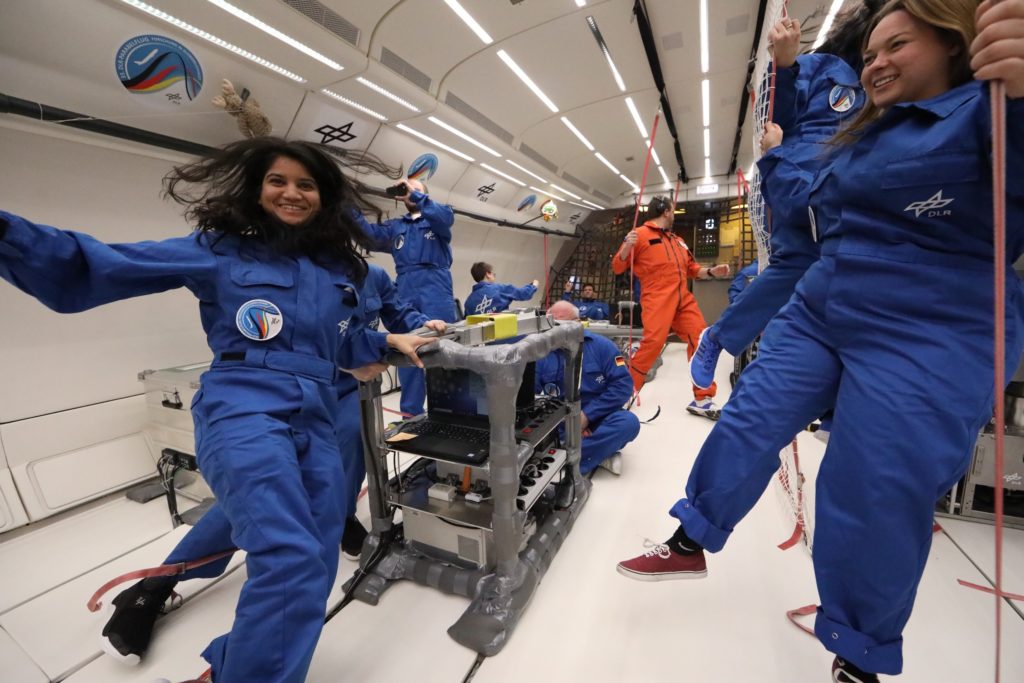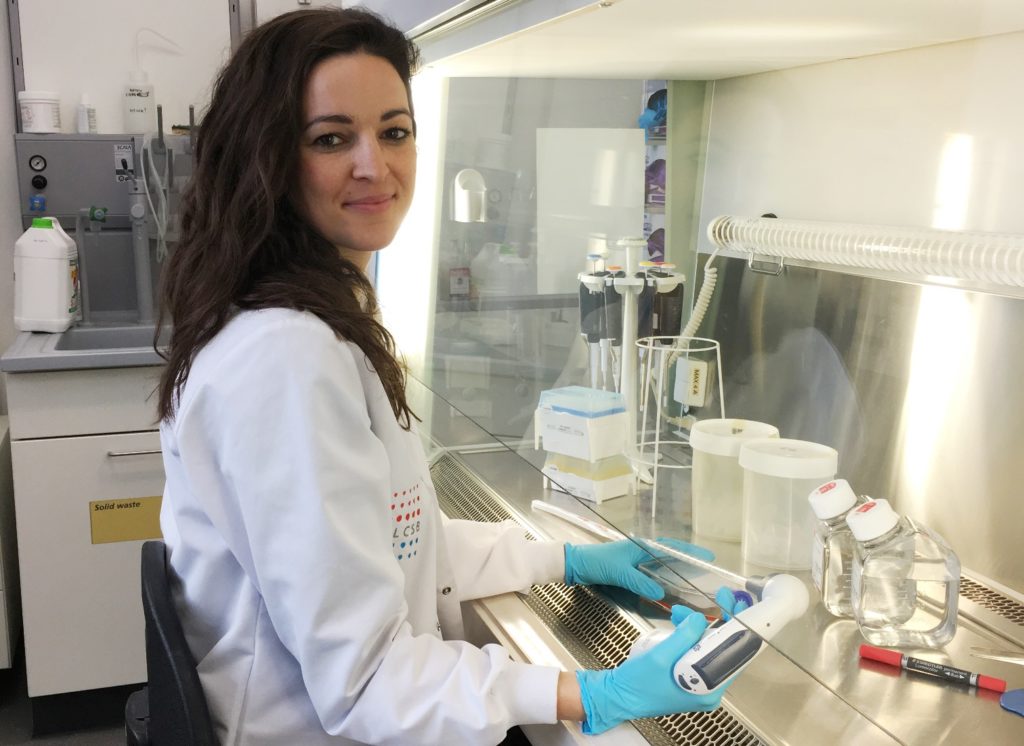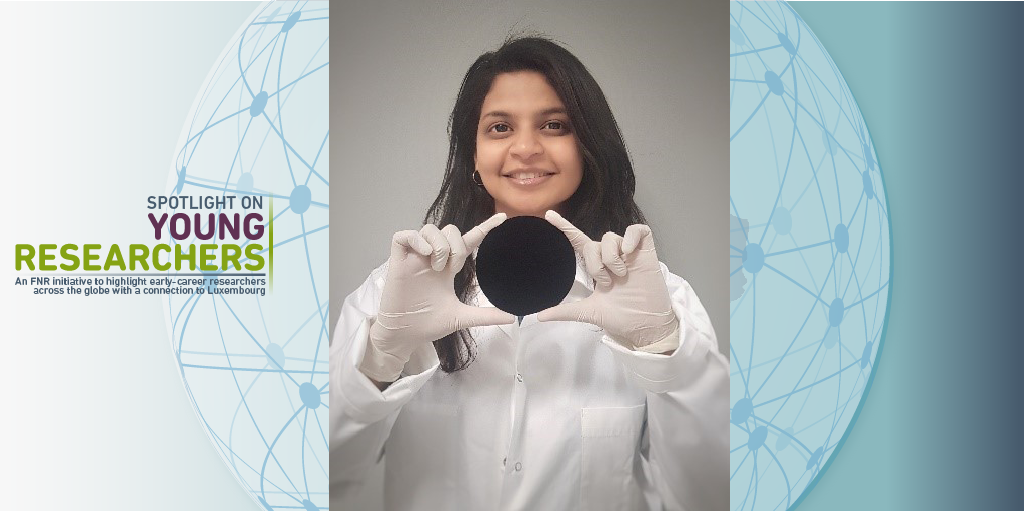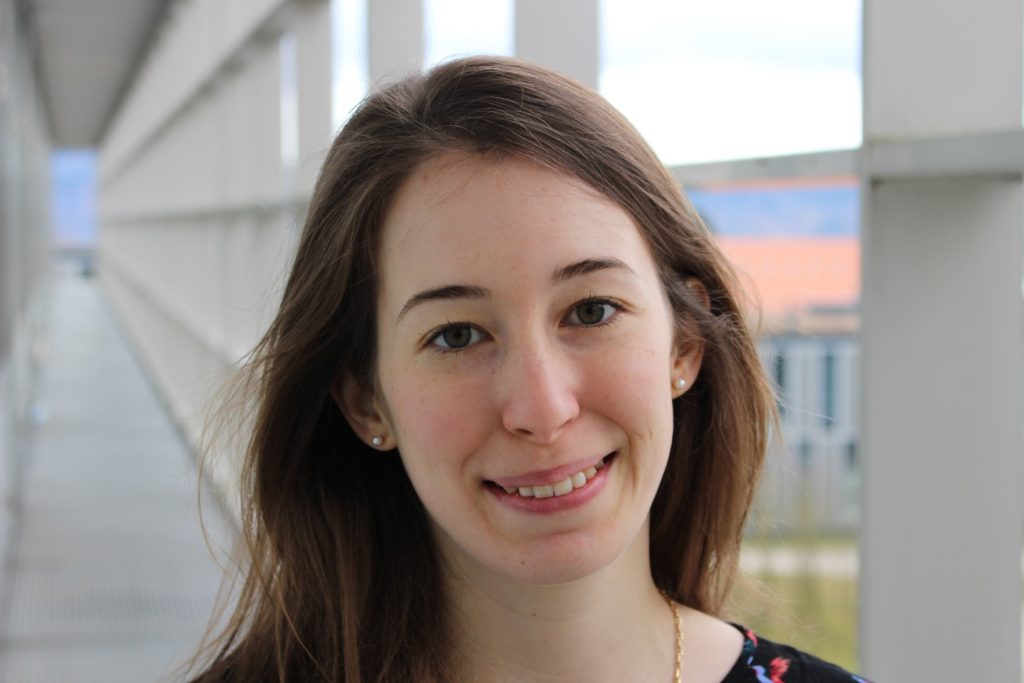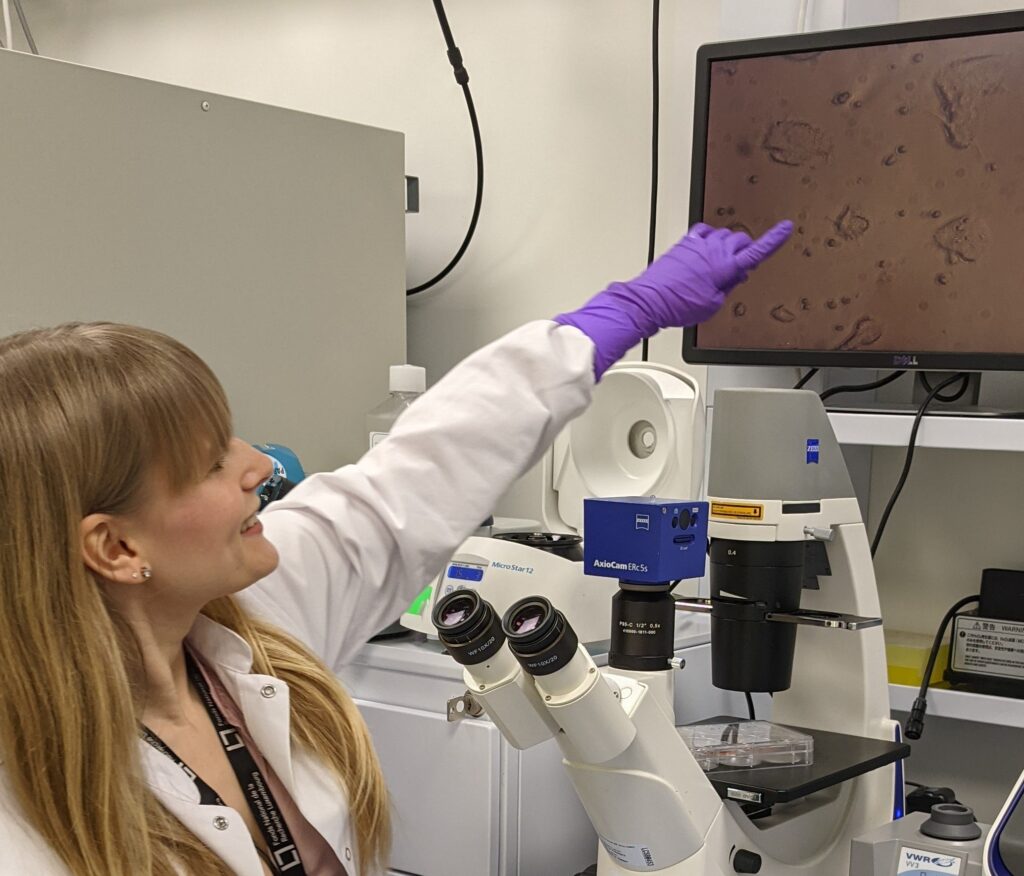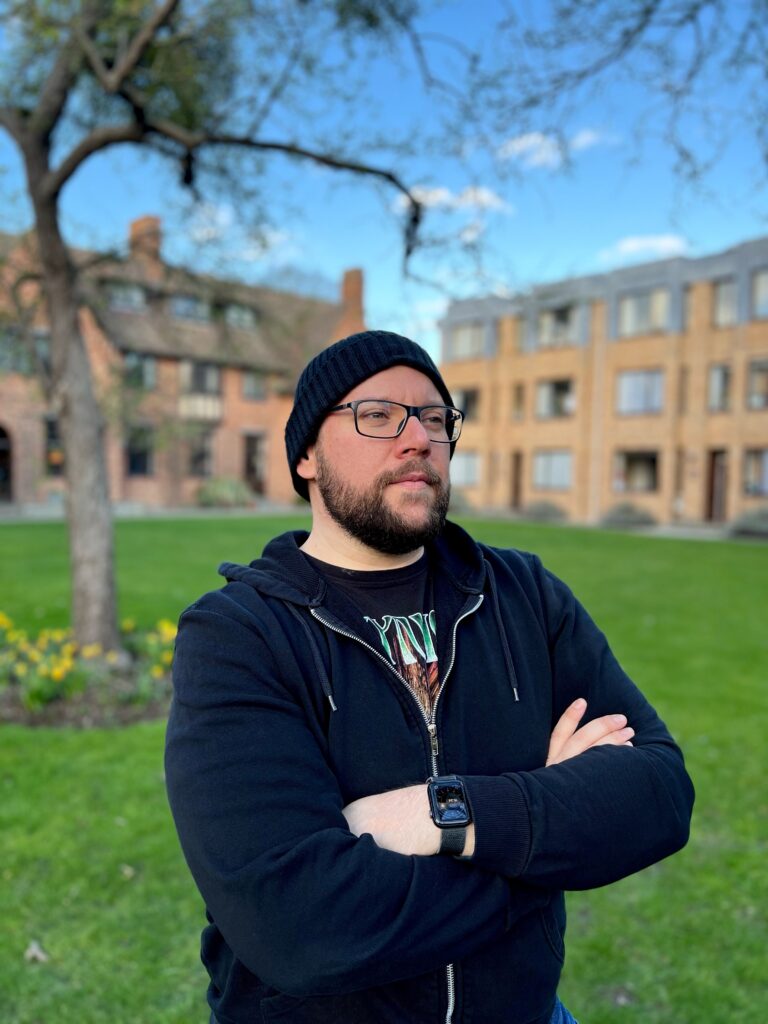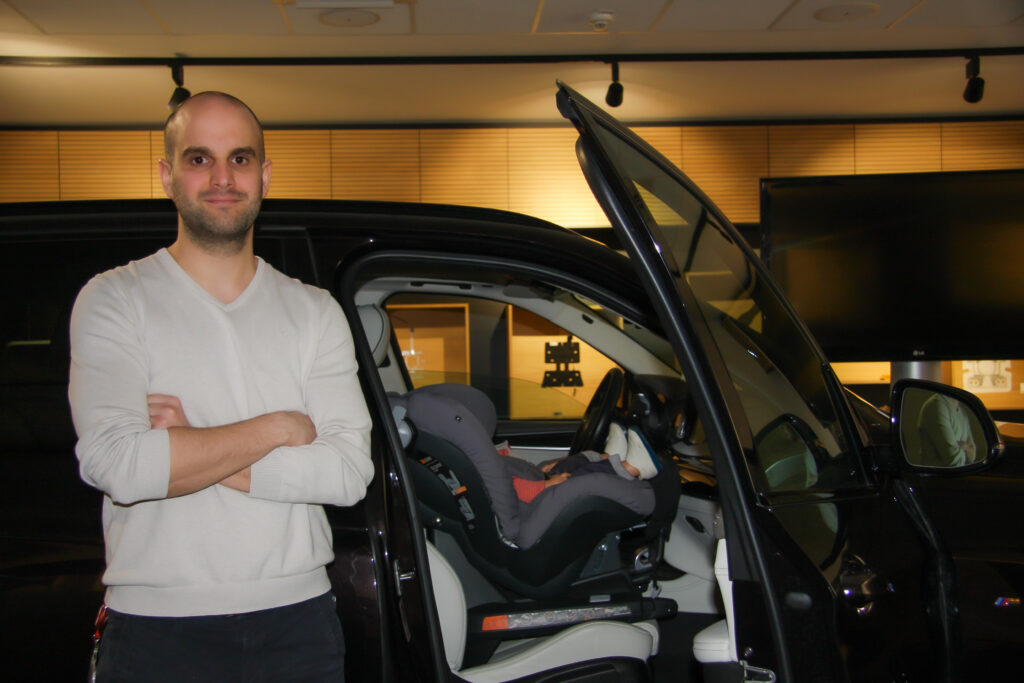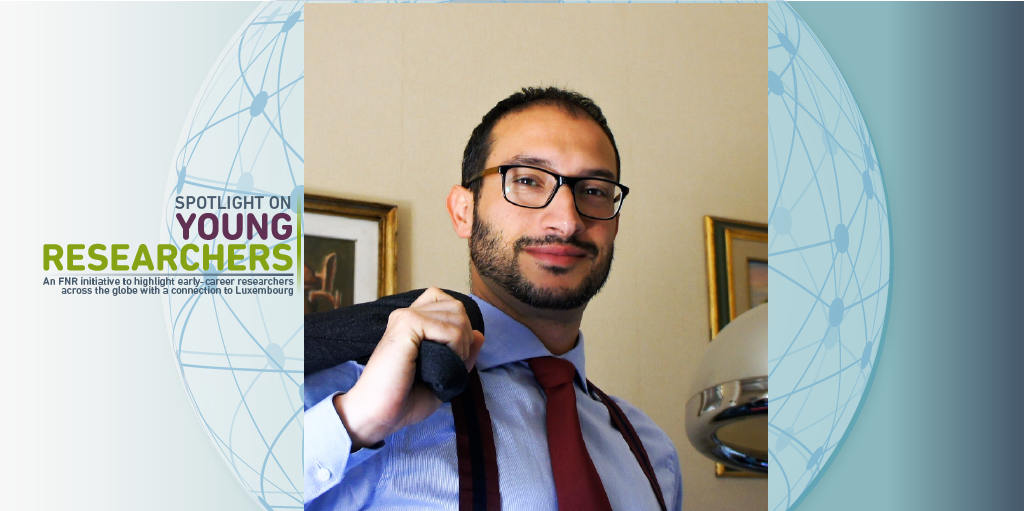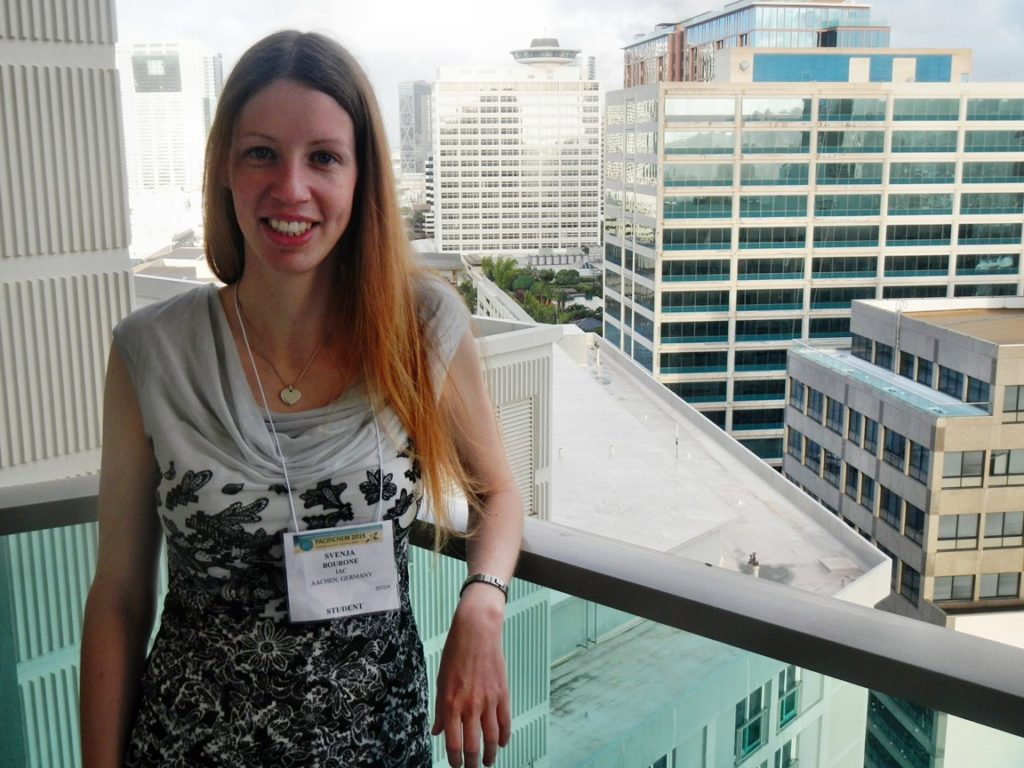
Luxembourg is one of many countries experiencing the arrival of asylum seekers and refugees that have been displaced for reasons such as conflicts or instability in their own country. Managing a research team for the first time, CORE Junior PI Lucas Oesch leads the project ‘REFUGOV’ at the University of Luxembourg, which looks at the accommodation of asylum seekers and refugees in cities and camps.
“I am currently the Principal Investigator for a CORE Junior project called REFUGOV which looks at the management of reception facilities for asylum seekers in Luxembourg, and of refugee camps in Jordan,” Swiss national Lucas Oesch explains, continuing:
”I am working on this project together with my colleague Dr Léa Lemaire. More precisely the project analyses the involvement of local actors (for example employees of municipalities and NGOs) in the management of these reception facilities and camps.”

Management of refugee facilities: Local or state-level?
Lucas explains that asylum seekers and refugees are often accommodated in reception facilities or camps near cities or towns upon their arrival at their new destinations. In many cases, it is not the local actors who are directly in charge of the reception facilities and camps: their management falls under the responsibility of the central state.
“Yet, local actors are often indirectly involved in the management of reception facilities and camps, and of their residents, in a wide range of areas, including social assistance or community support, waste removal, and so on. The REFUGOV project looks at this involvement of local actors in the two highly different contexts of reception facilities for asylum seekers in Luxembourg and of refugee camps in Jordan.”
The goal of the project: Providing a better understanding of the mechanisms of reception of asylum seekers and refugees, whether in cities or in reception facilities and in camps.
“This can contribute to foster the design of inclusive spaces and processes of refugee accommodation in their host societies.”
Little existing research on refugee accommodation in Luxembourg
Lucas explains while a vast amount of research has been done on the reception of refugees in the neighbouring countries Germany and France, little research has looked at the accommodation of refugees in Luxembourg – one of the main reasons Lucas decided to embark on this project.
“I am interested in analysing the specificities of the question of the management of refugee reception and accommodation in the context of Luxembourg. I am also interested in putting into perspective processes of refugee reception in Luxembourg with the situation in other parts of the world. So I chose, in addition, to focus my research on Jordan as well, a country which has experienced the reception of a significant number of refugees for more than seventy years, for example Palestinian refugees, Iraqi refugees, and more recently Syrian refugees,” Lucas concludes.
More about Lucas Oesch
Lucas completed his PhD in 2012 at the Graduate Institute of International and Development Studies (IHEID) in Geneva, after which he spent a few years as a postdoctoral fellow at the University of Manchester. During his PhD, he worked on the question of urban planning in Palestinian refugee camps in Jordan, spending about one year on his fieldwork in Amman.
“Refugee camps are spaces which should only be temporary and meant to accommodate displaced people while a durable solution to their future is determined. However, in many cases, refugee camps, and the stay of their residents in them, tend to last several years or decades, due to situations of protracted displacements. During this time, refugee camps evolve towards city-like spaces. My PhD has focused on the ways in which urban development is achieved in refugee camps, in these places which are not supposed to last,” Lucas explains.
RELATED PROGRAMMES
I am delighted to see my article on #improvisation and #urbanplanning in #refugeecamps now available as early view and in #openaccesss @IJURResearch @uni_lu_Geo https://t.co/DLNUEcnDVf pic.twitter.com/q0jnB6rEeP
— Lucas Oesch (@LuOesch) February 18, 2020
About Spotlight on Young Researchers
Spotlight on Young Researchers is an FNR initiative to highlight early career researchers across the world who have a connection to Luxembourg. The campaign is now in its 5th year, with 60+ researchers already featured. Discover more young researcher stories below.
More in the series SPOTLIGHT ON YOUNG RESEARCHERS
- All
- Cancer research
- Environmental & Earth Sciences
- Humanities & Social Sciences
- Information & Communication Technologies
- Law, Economics & Finance
- Life Sciences, Biology & Medicine
- Materials, Physics & Engineering
- Mathematics
- Research meets industry
- Spotlight on Young Researchers
- Sustainable resource mgmt
- Women in science


